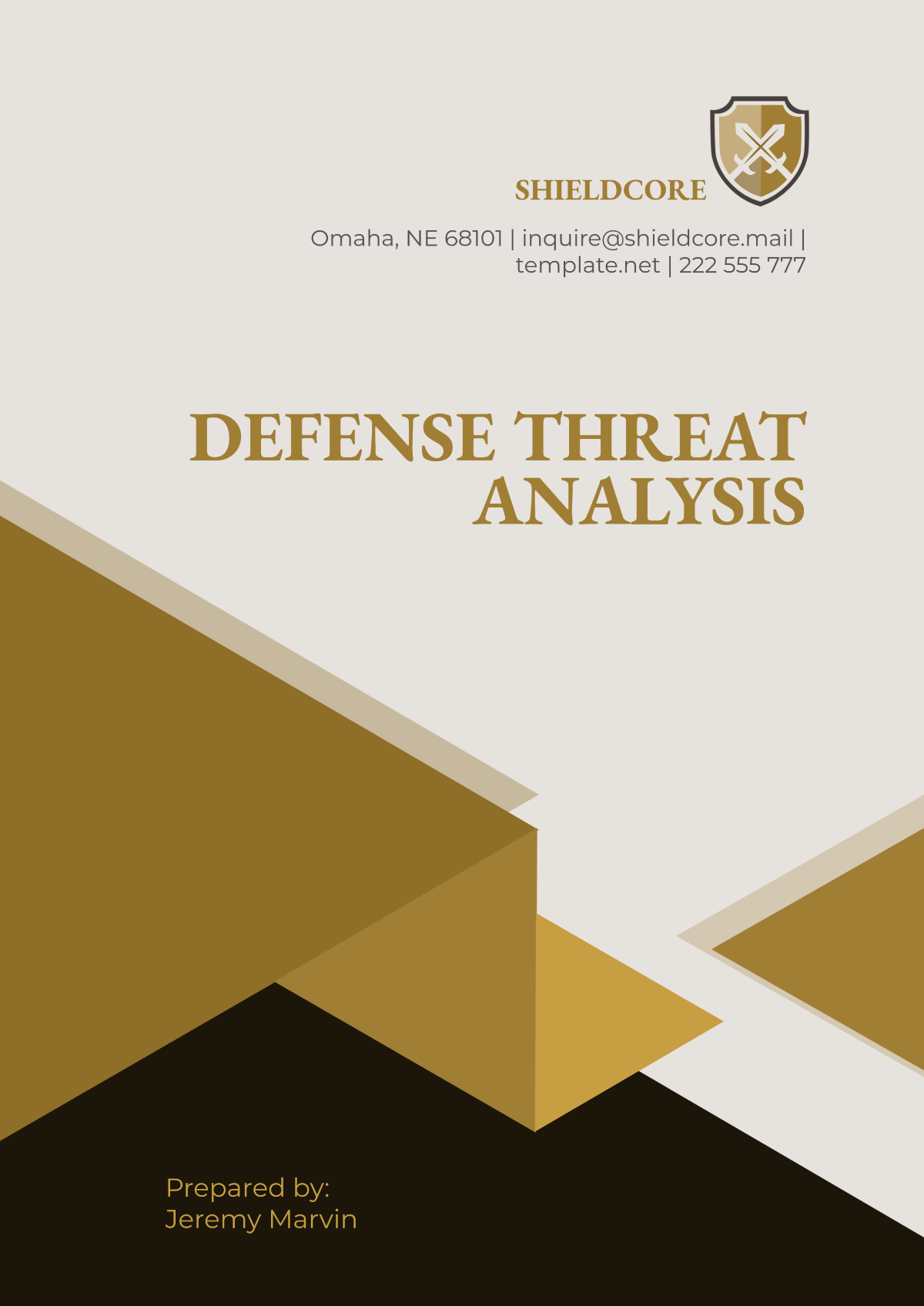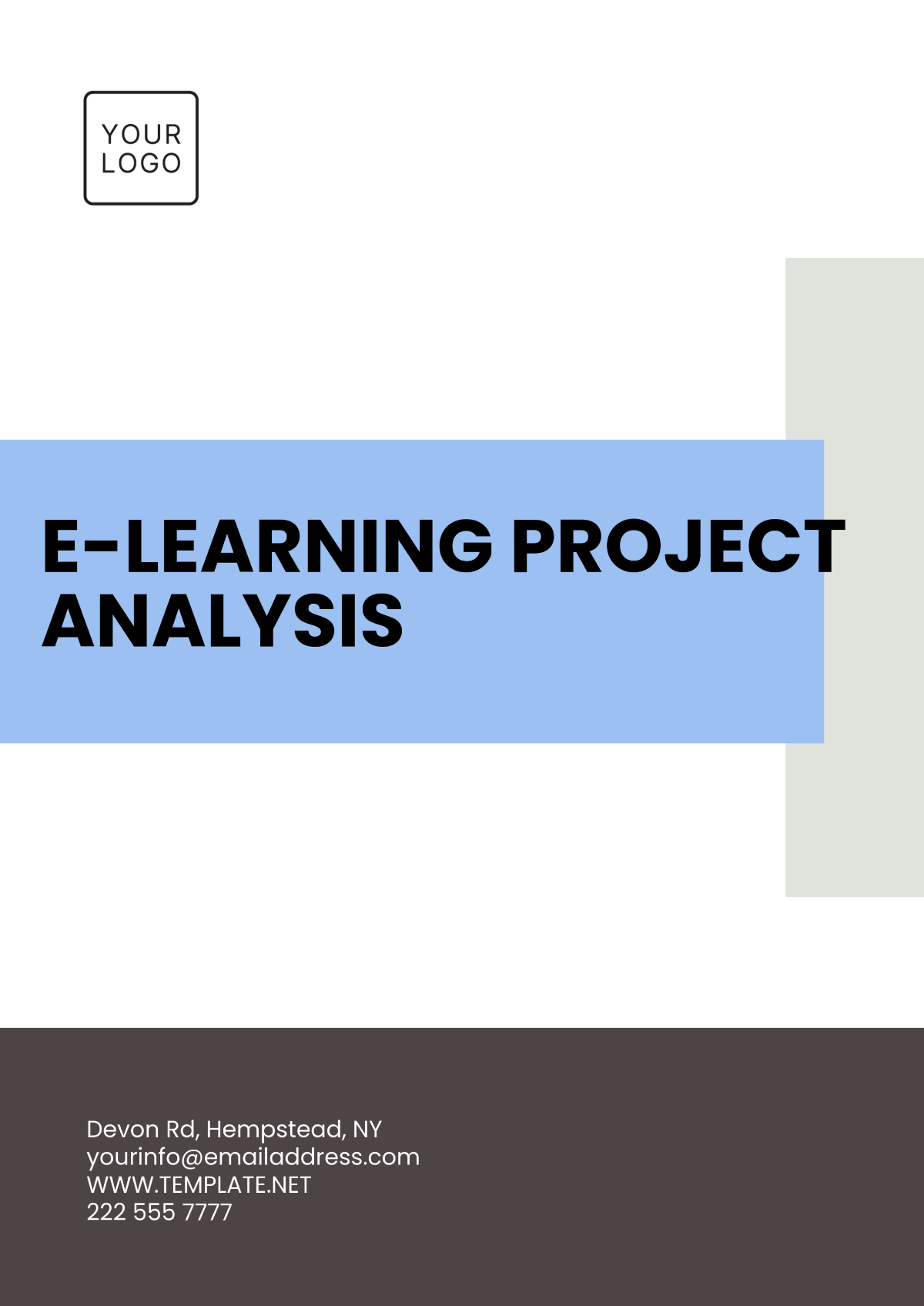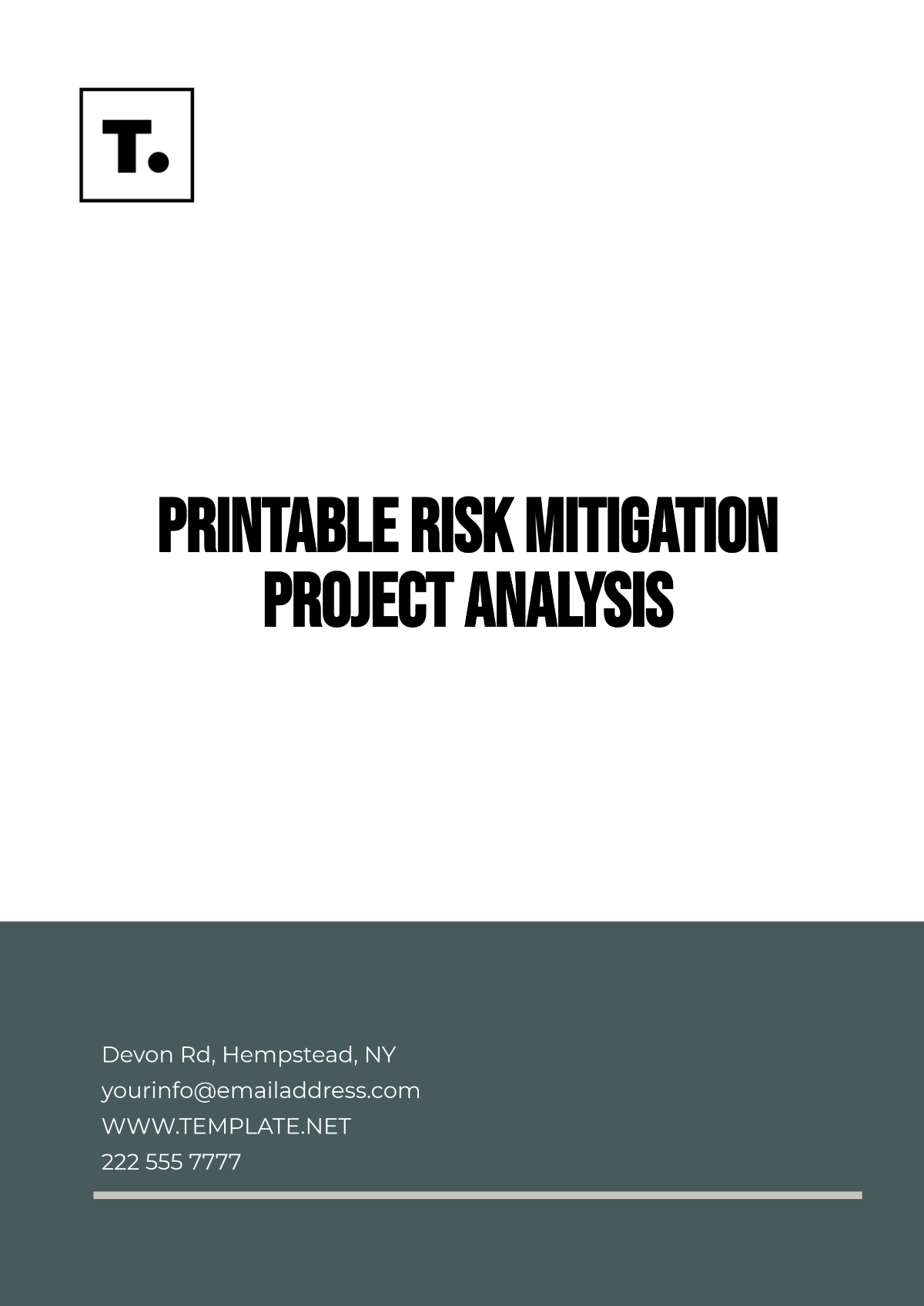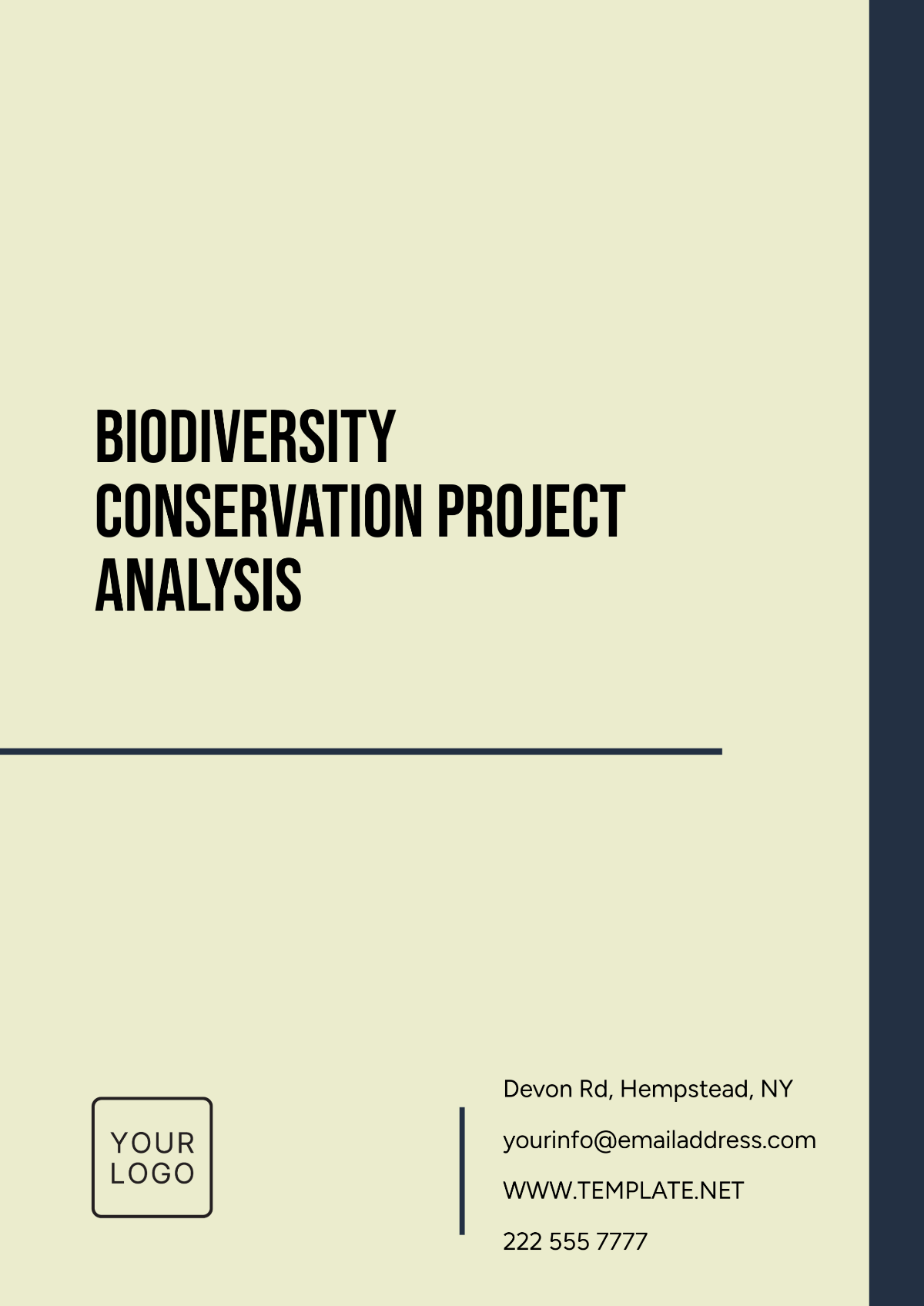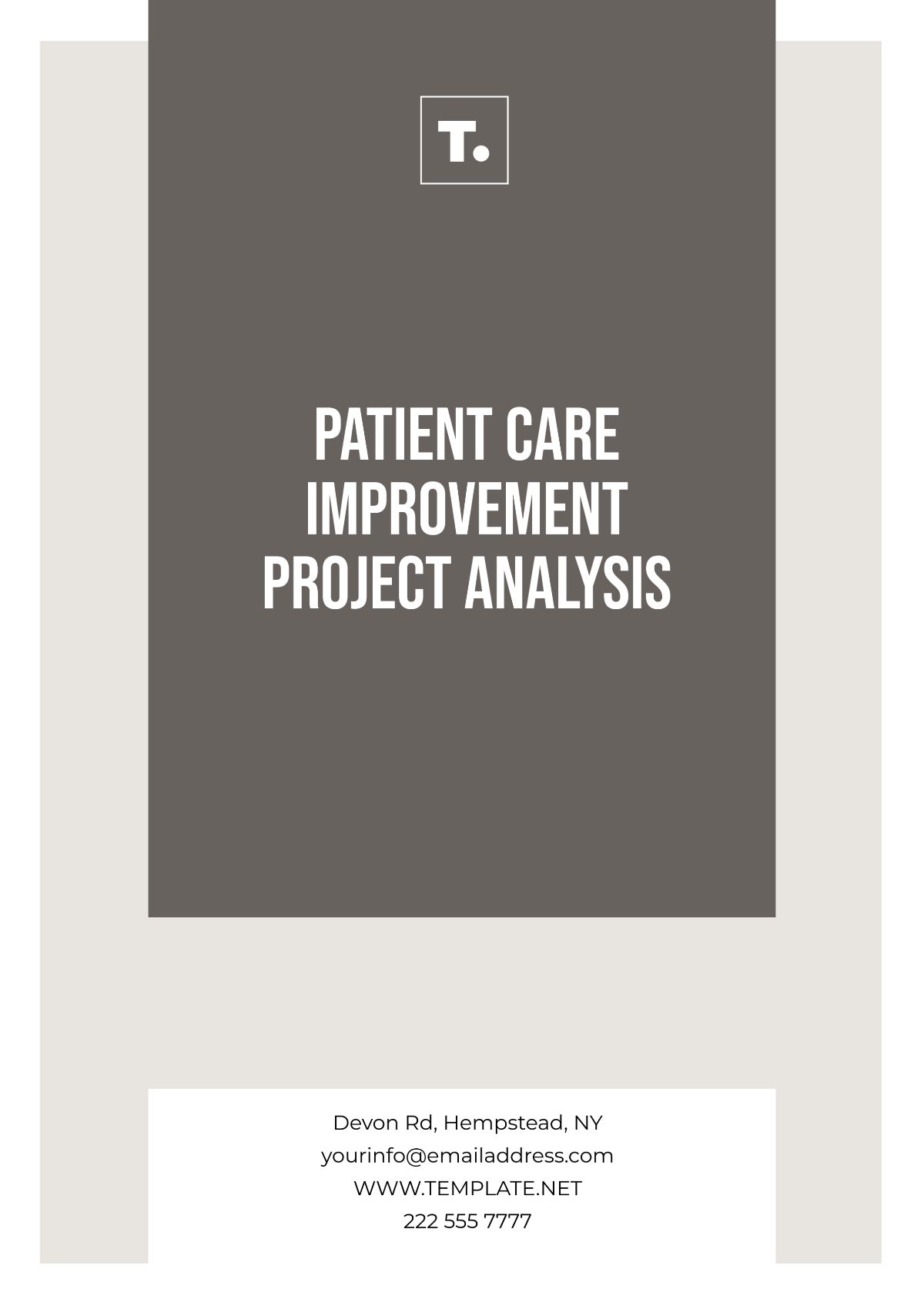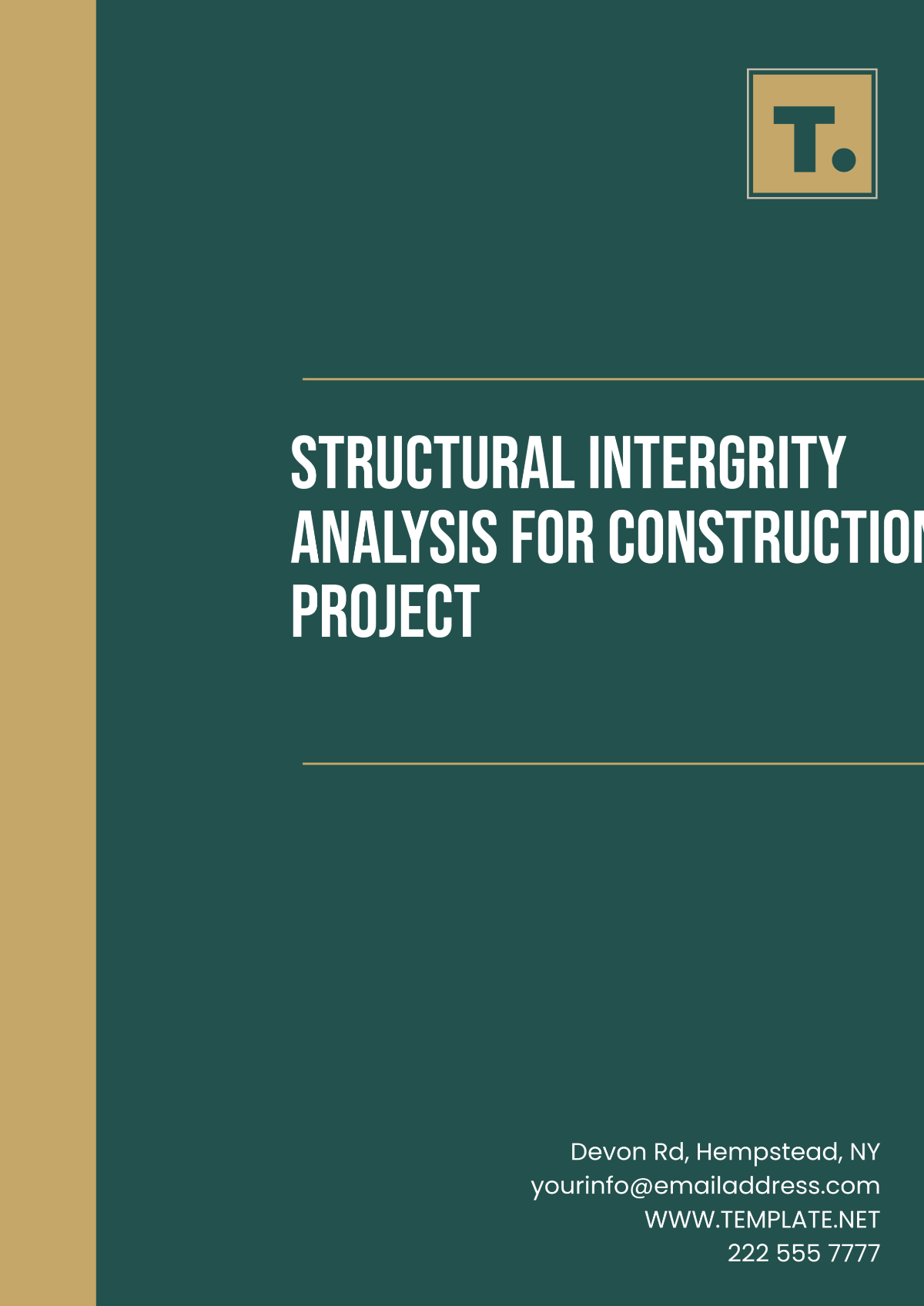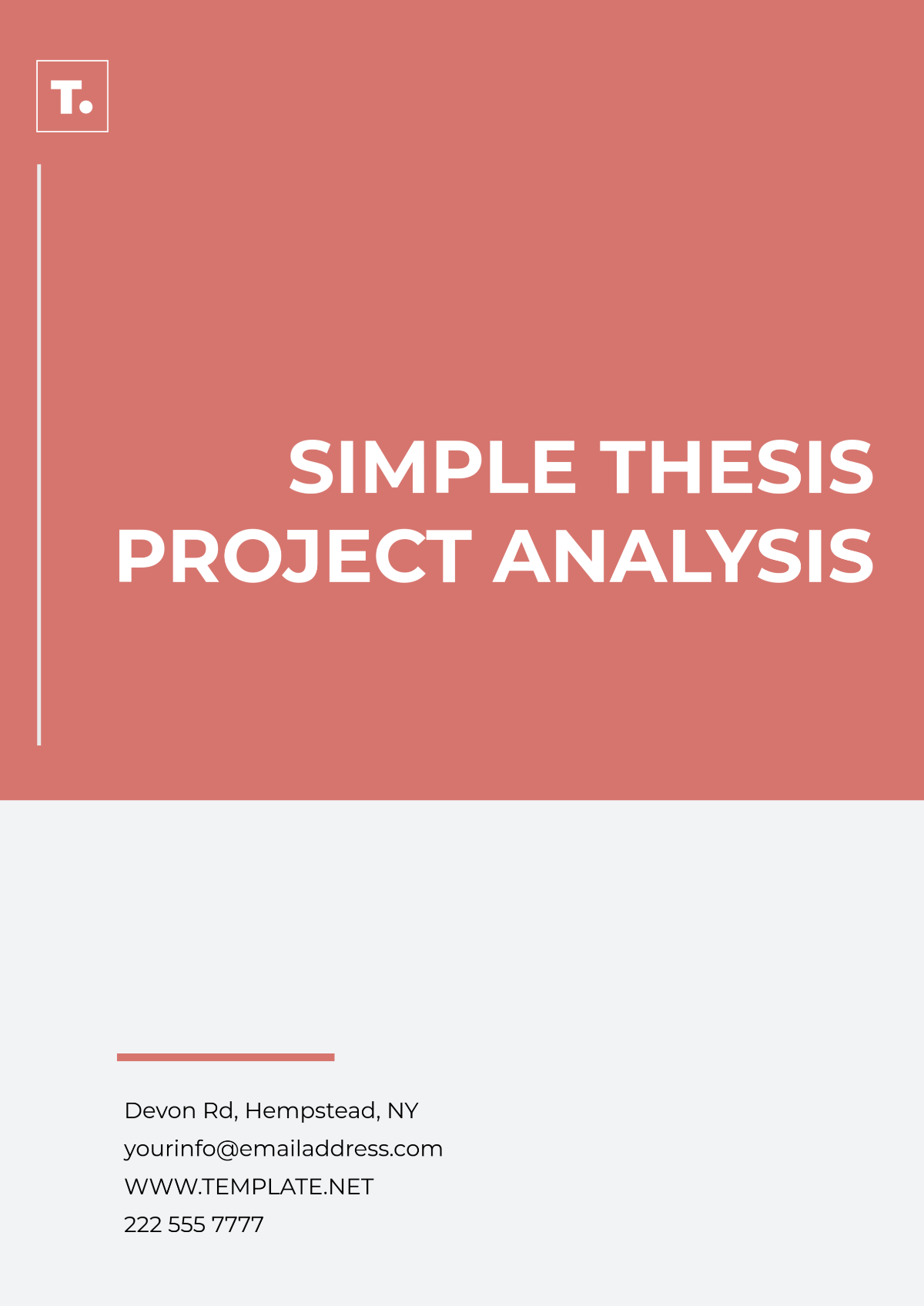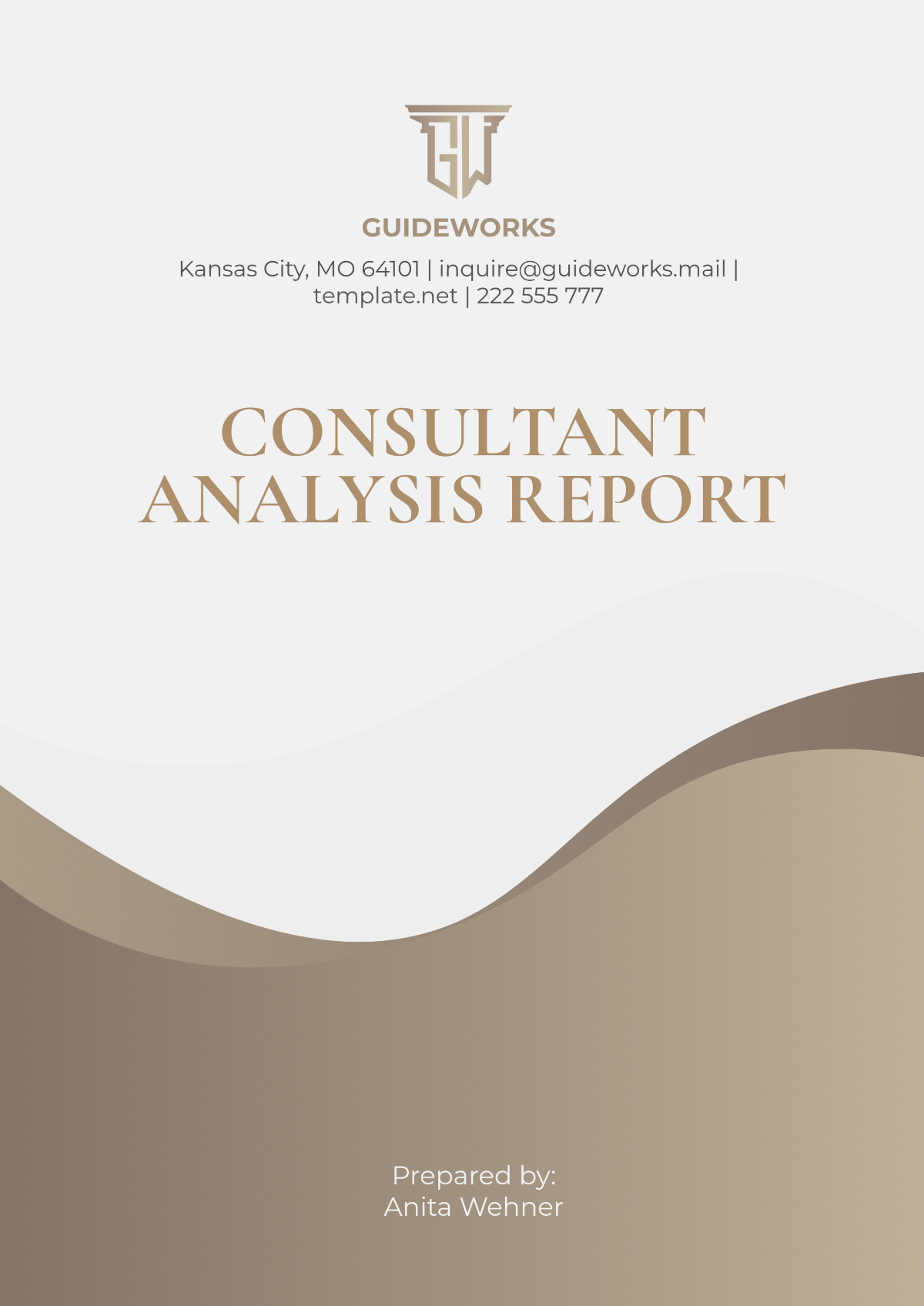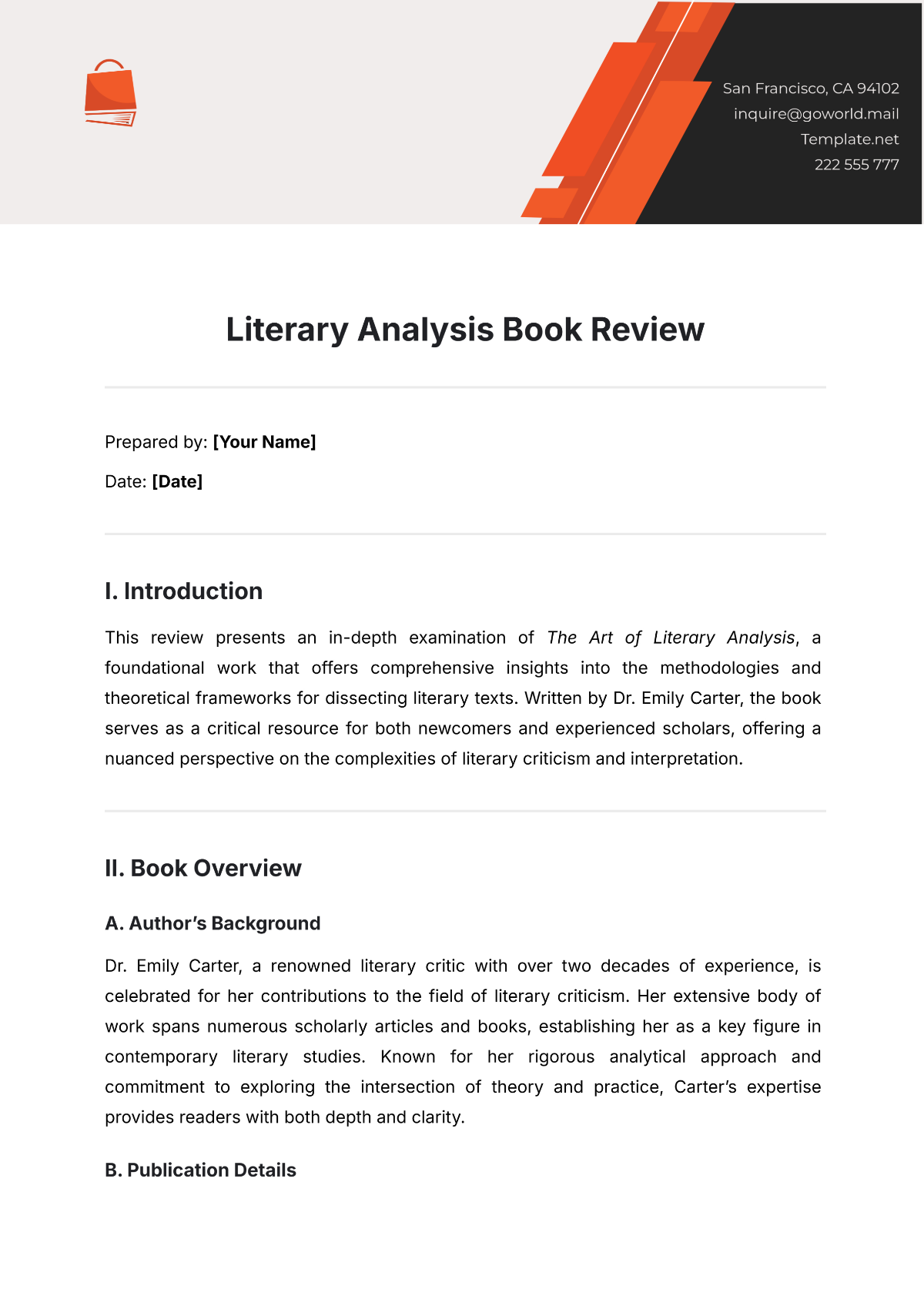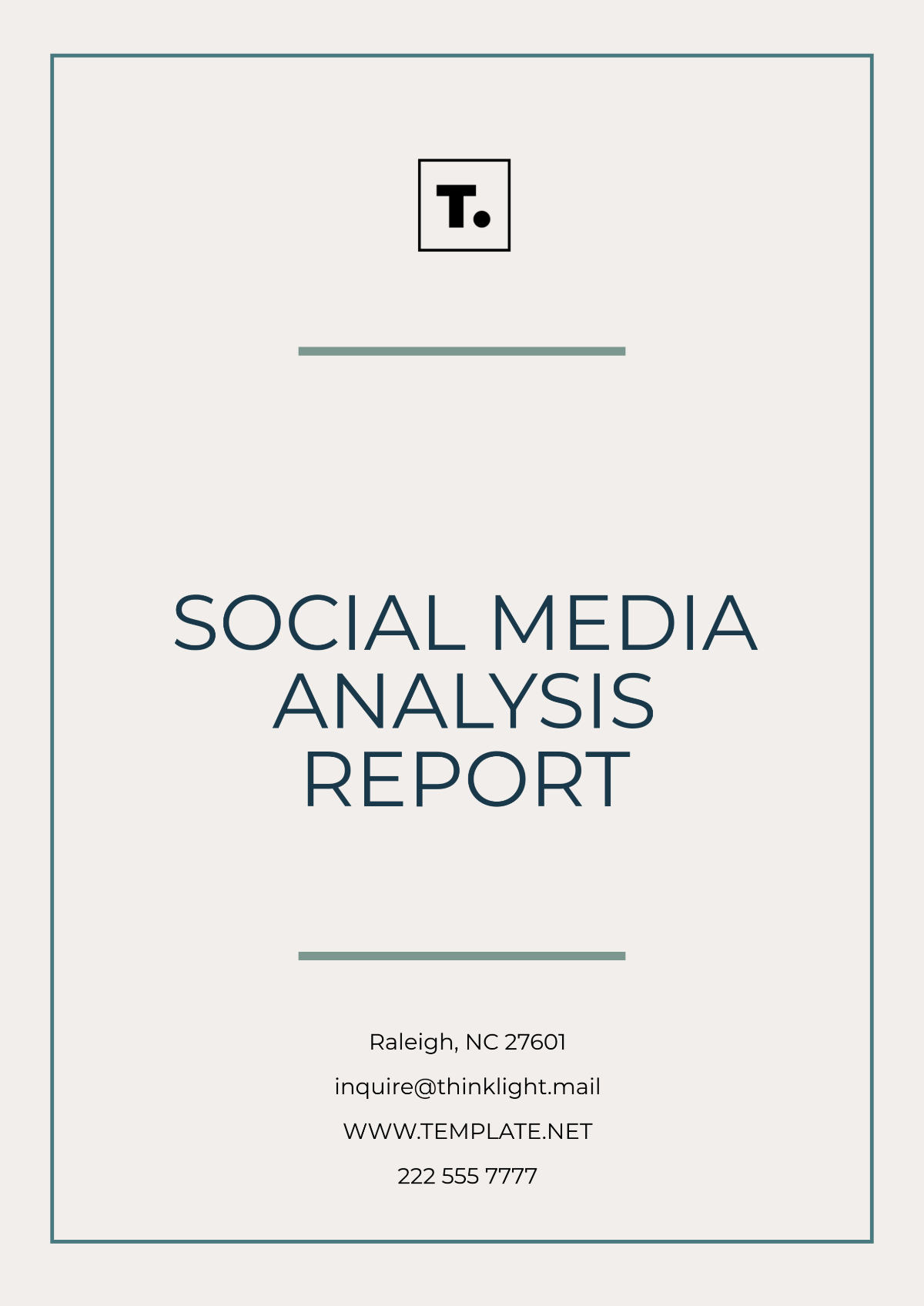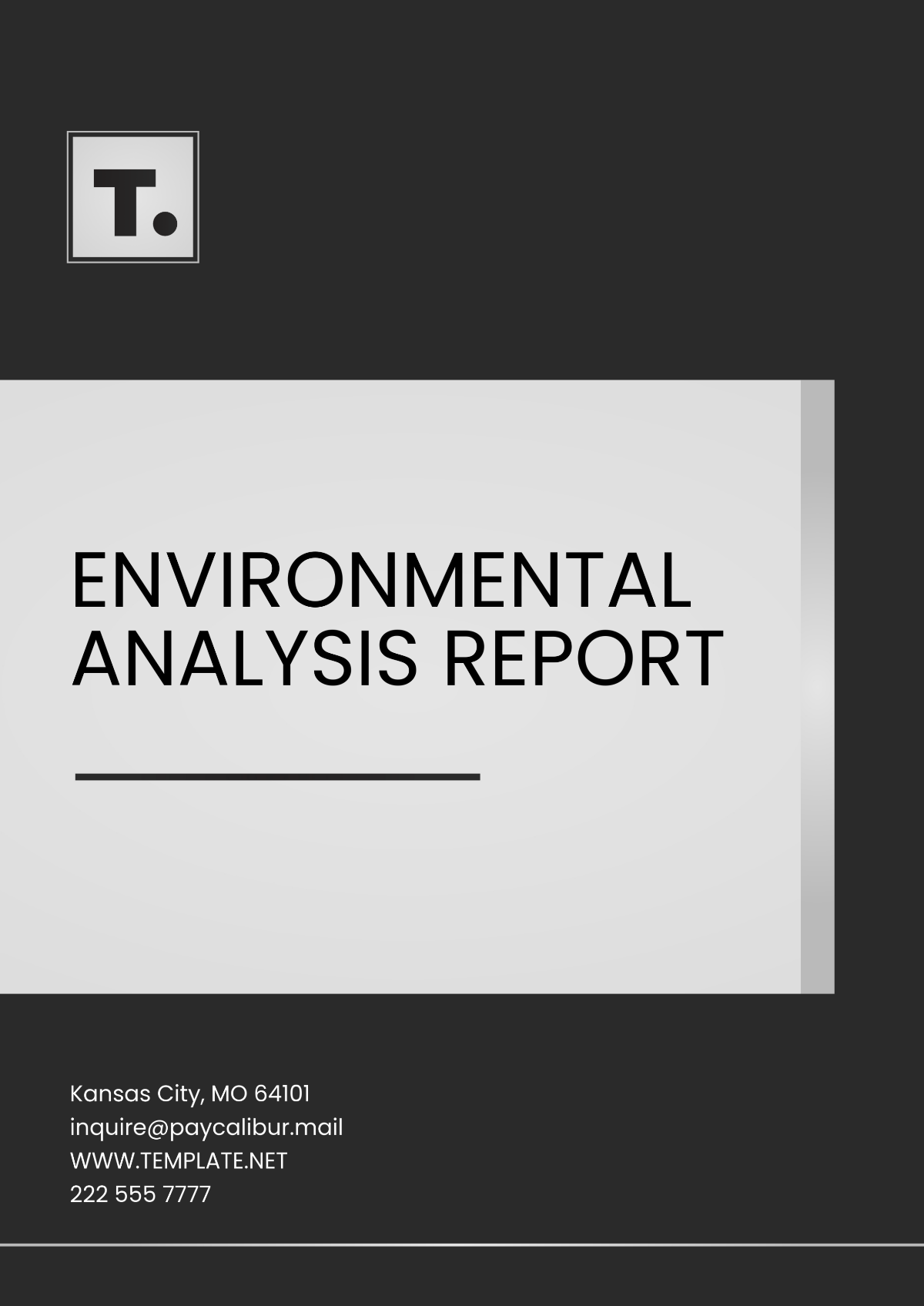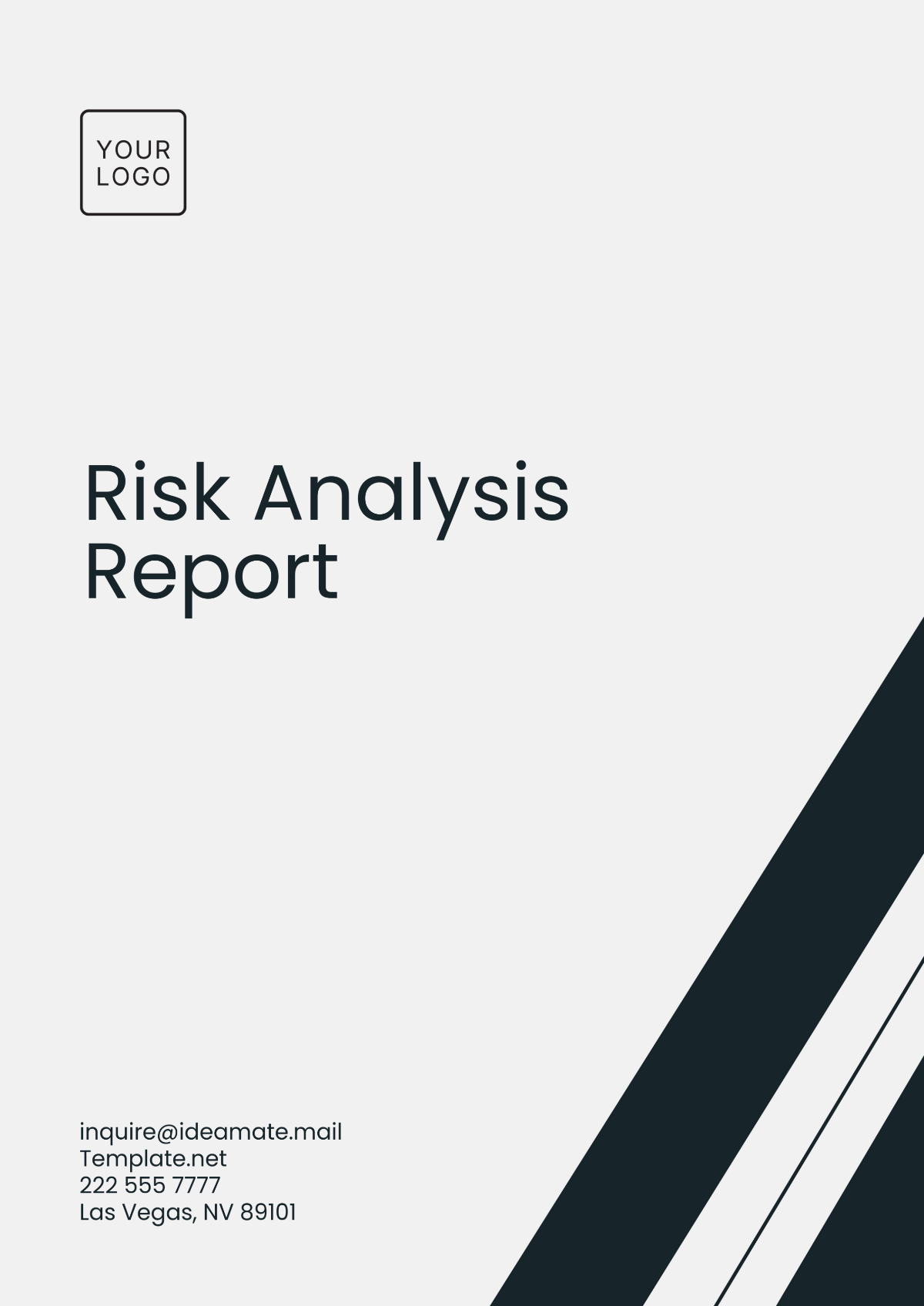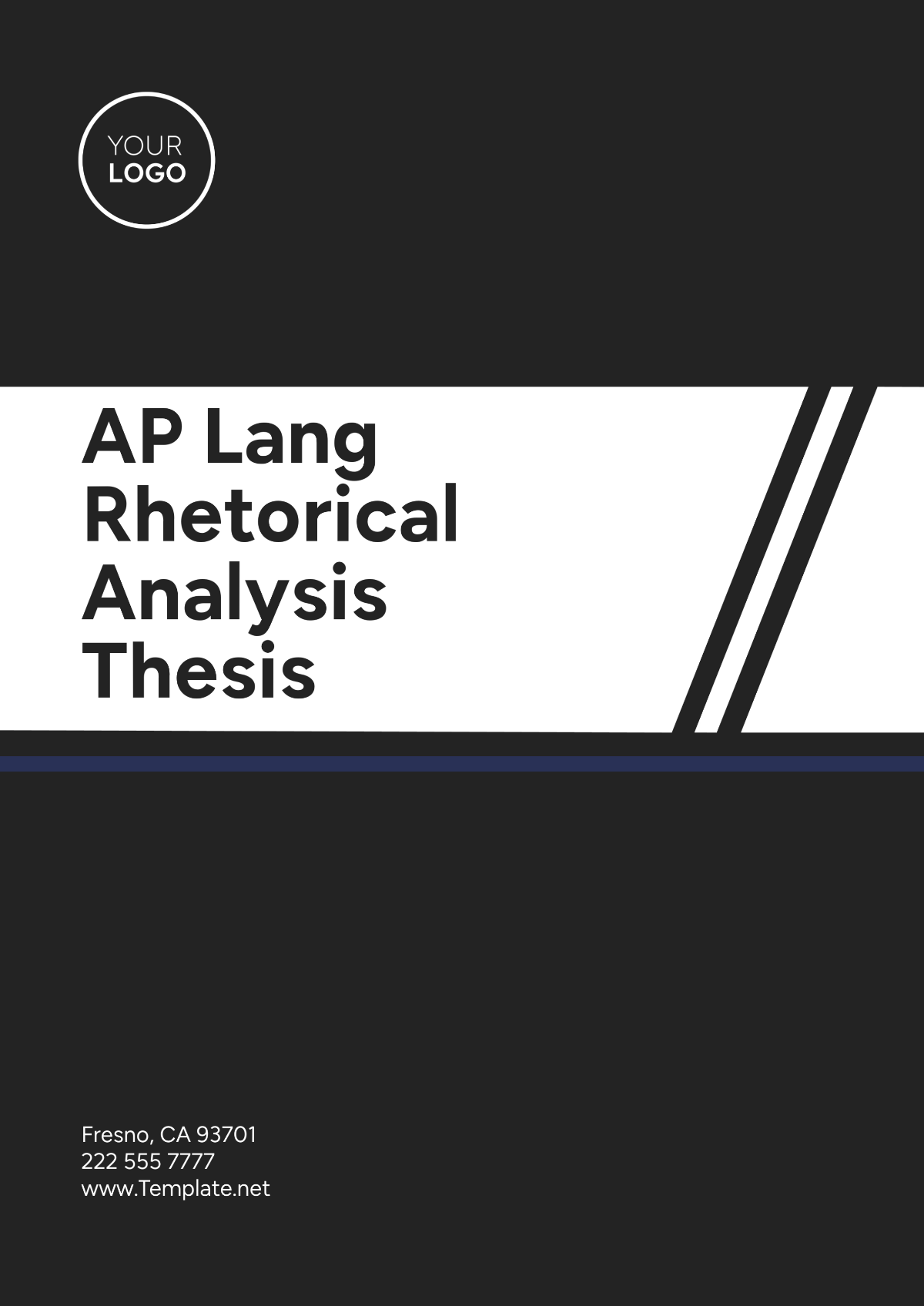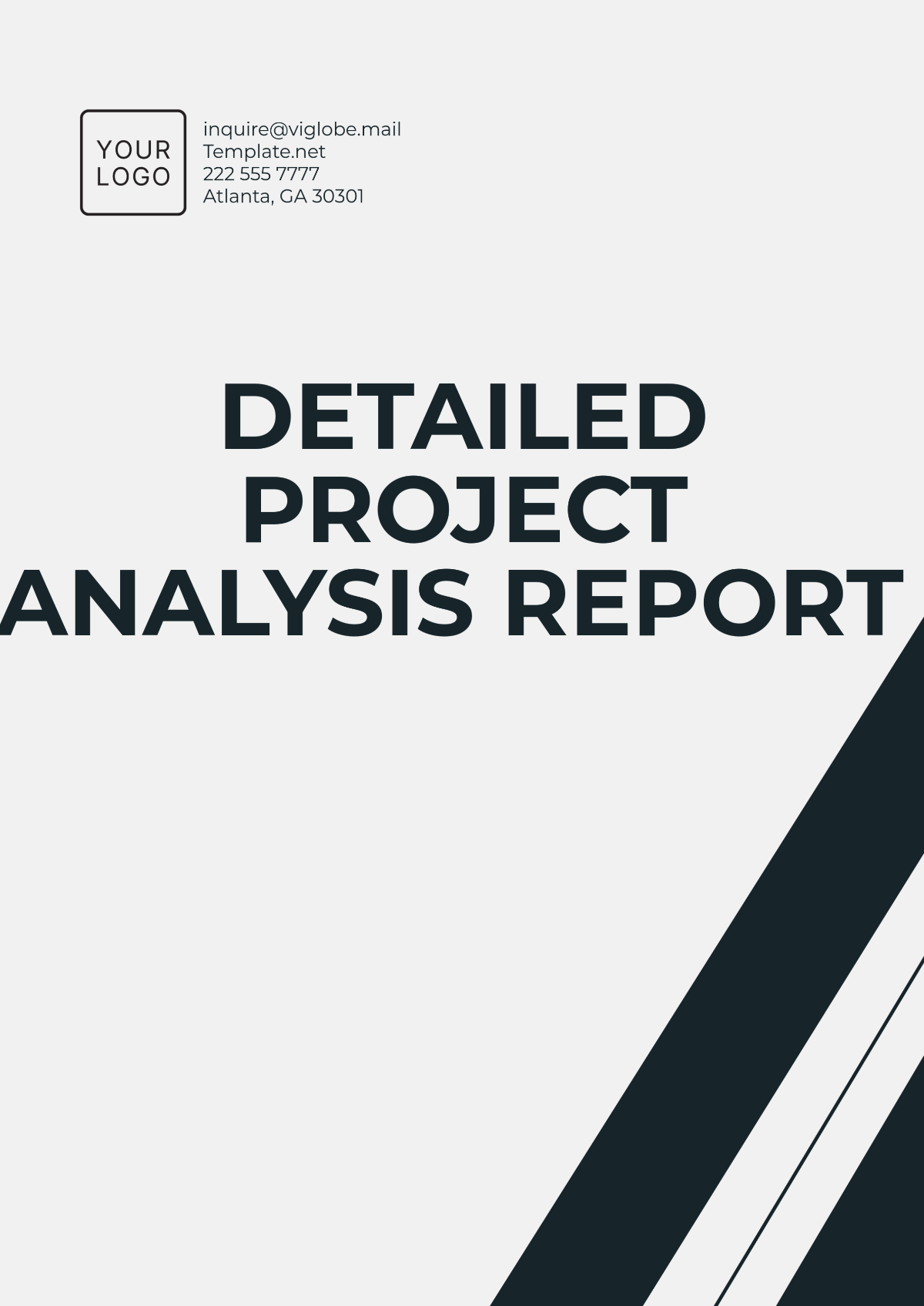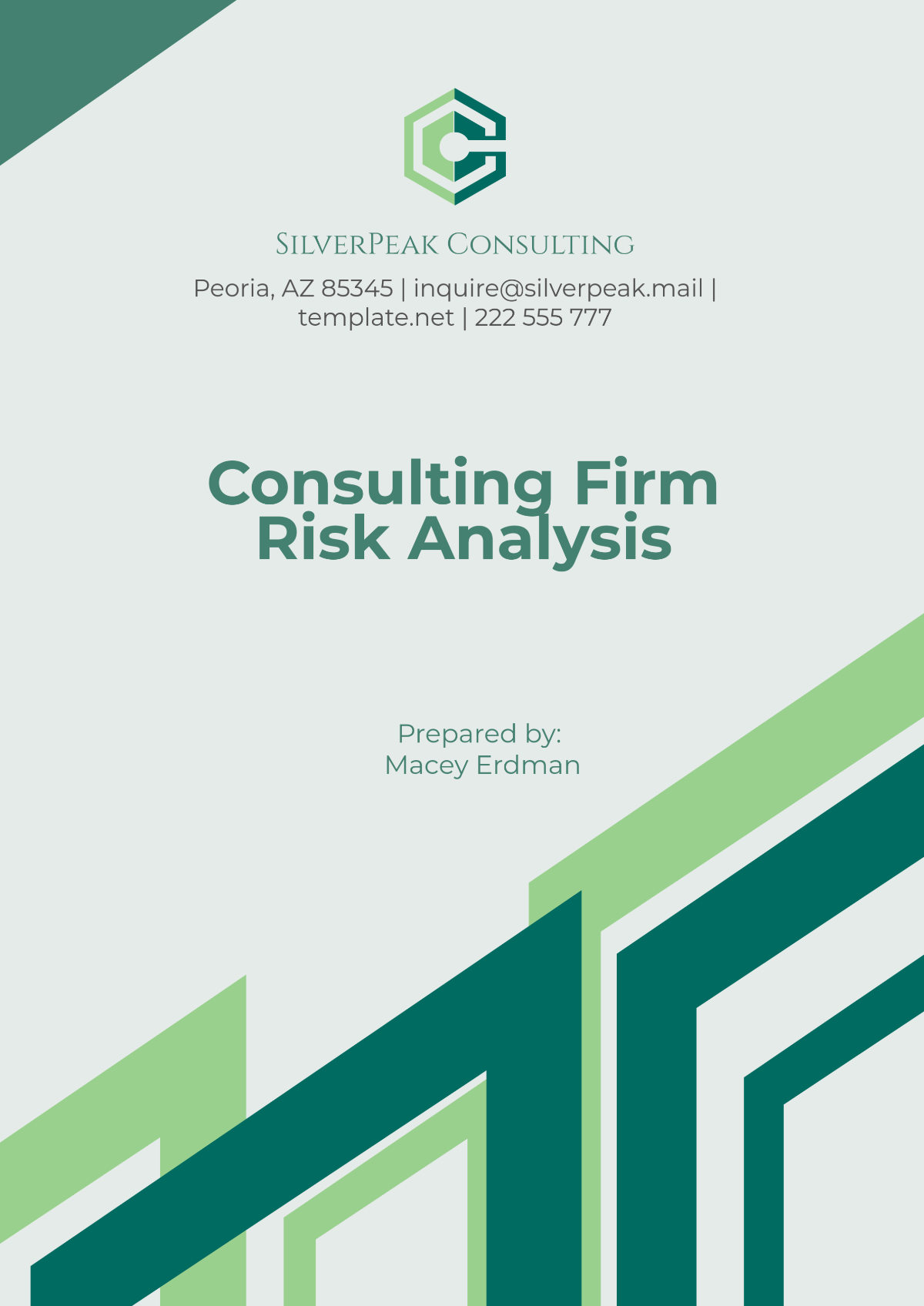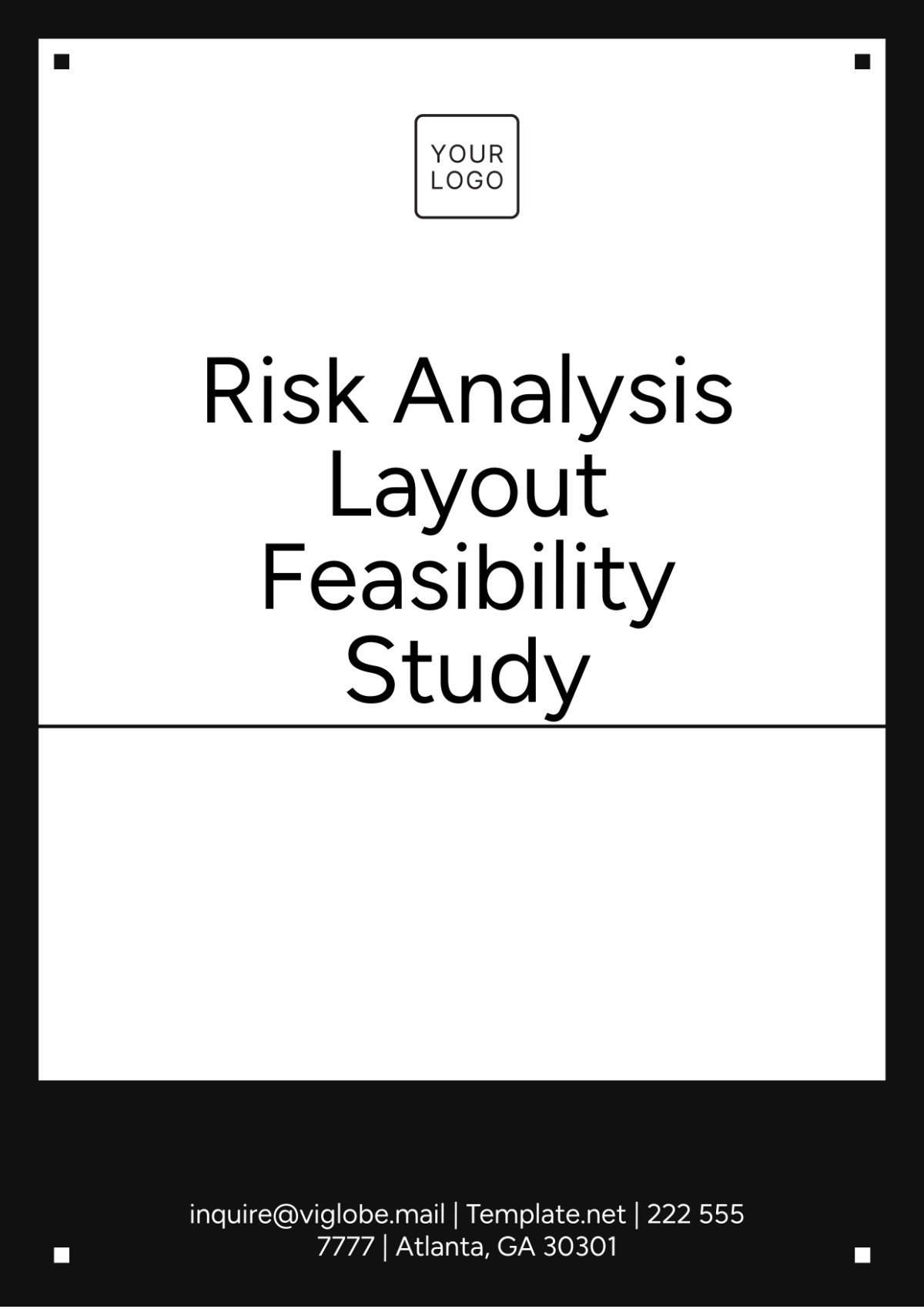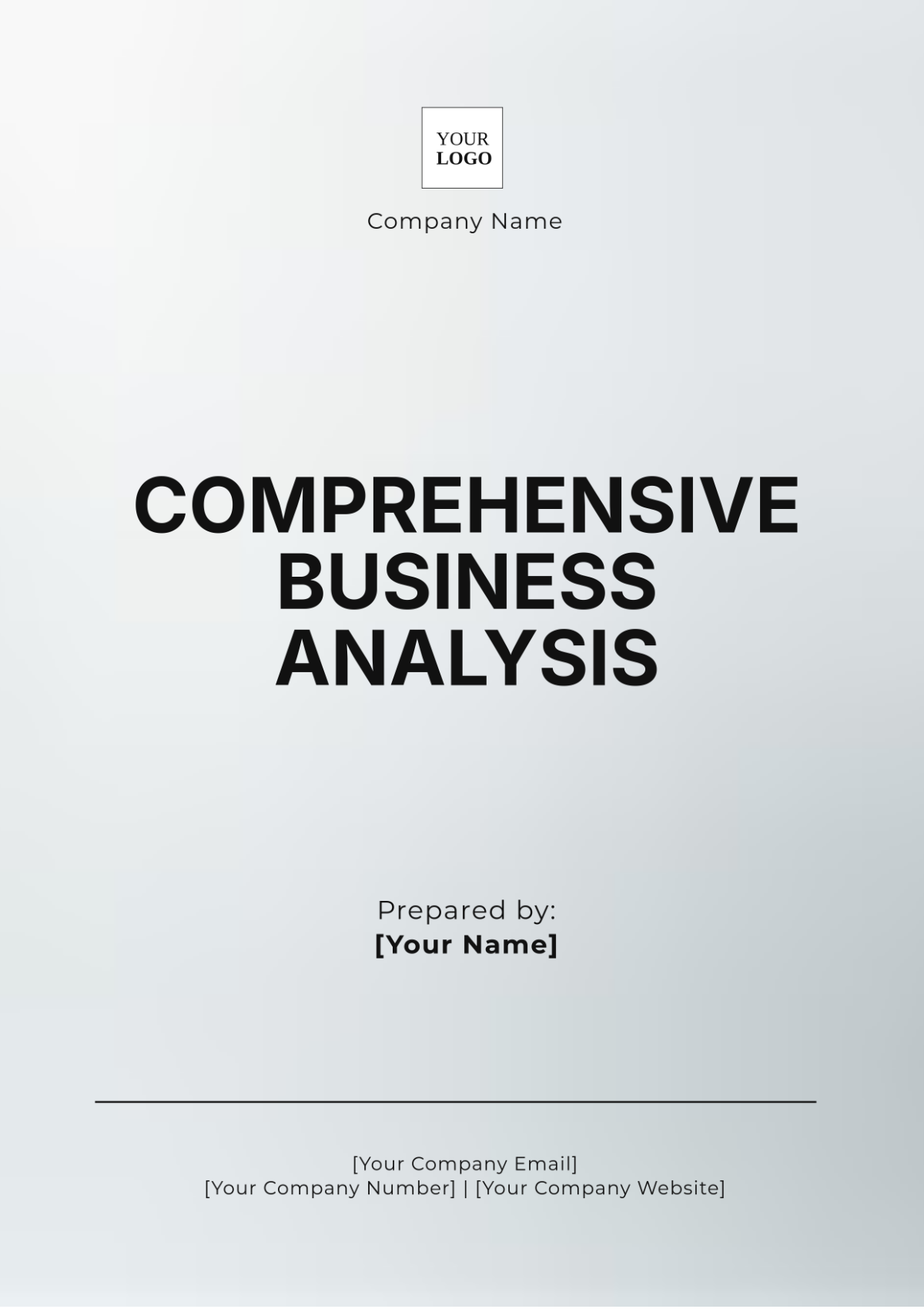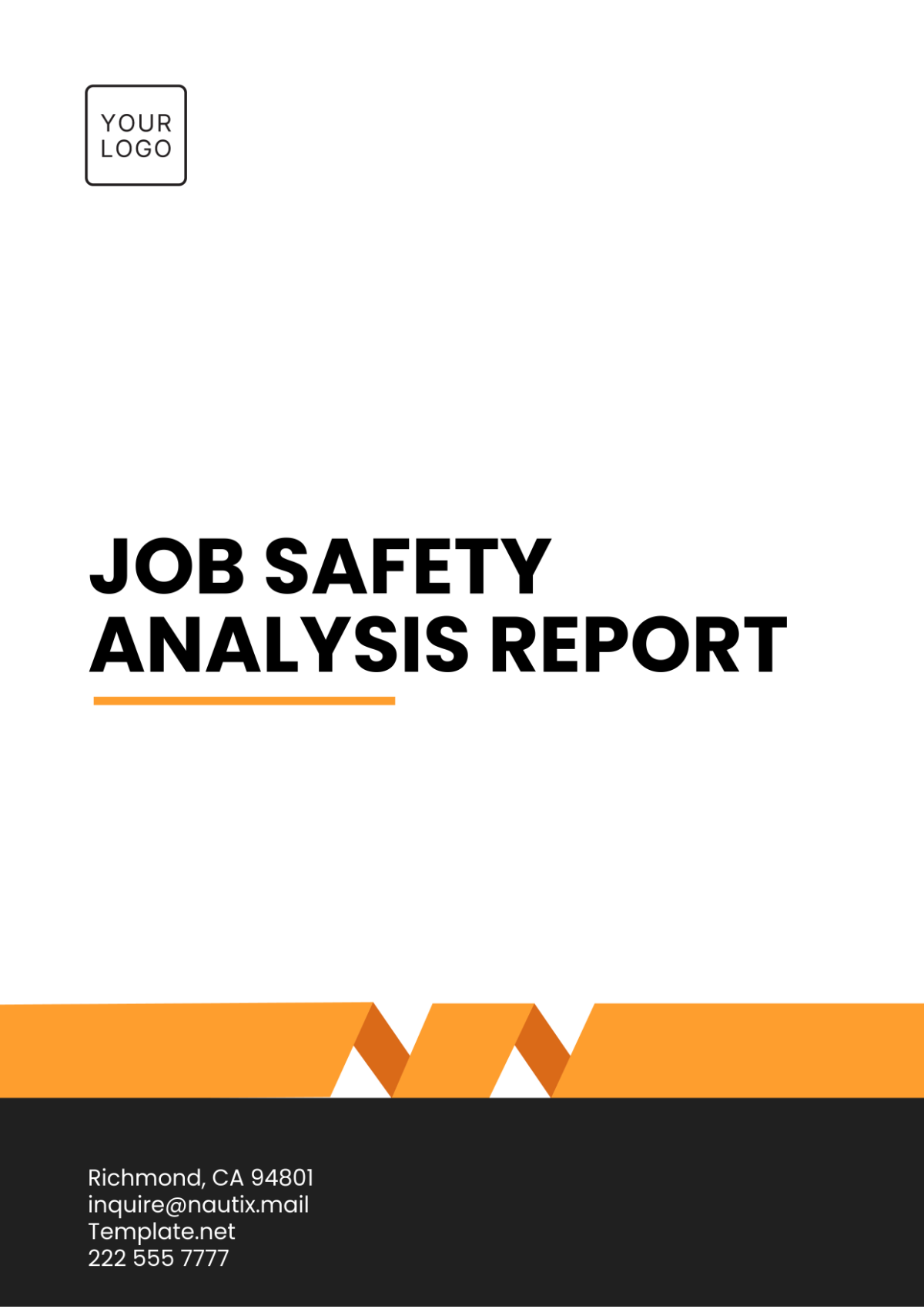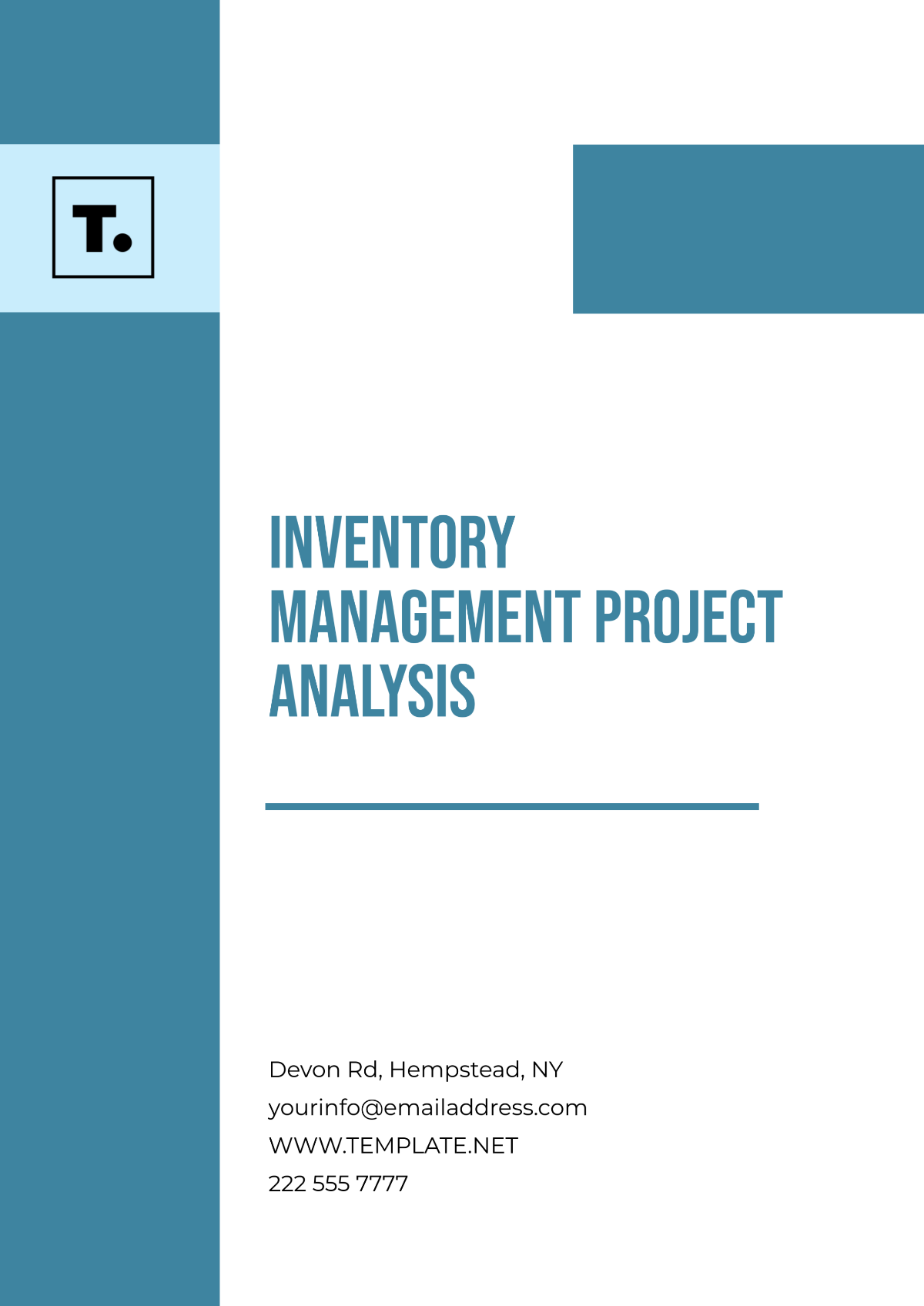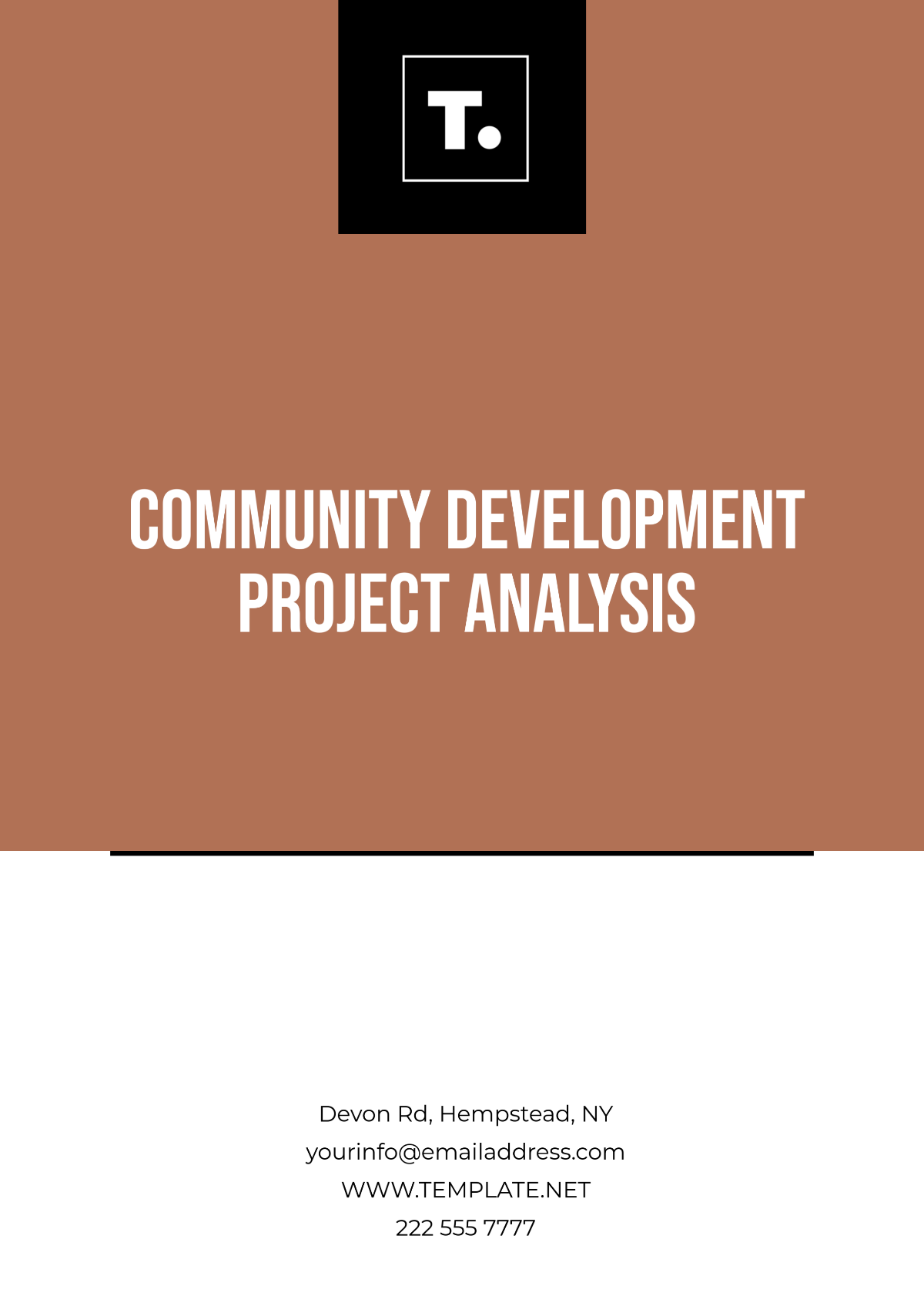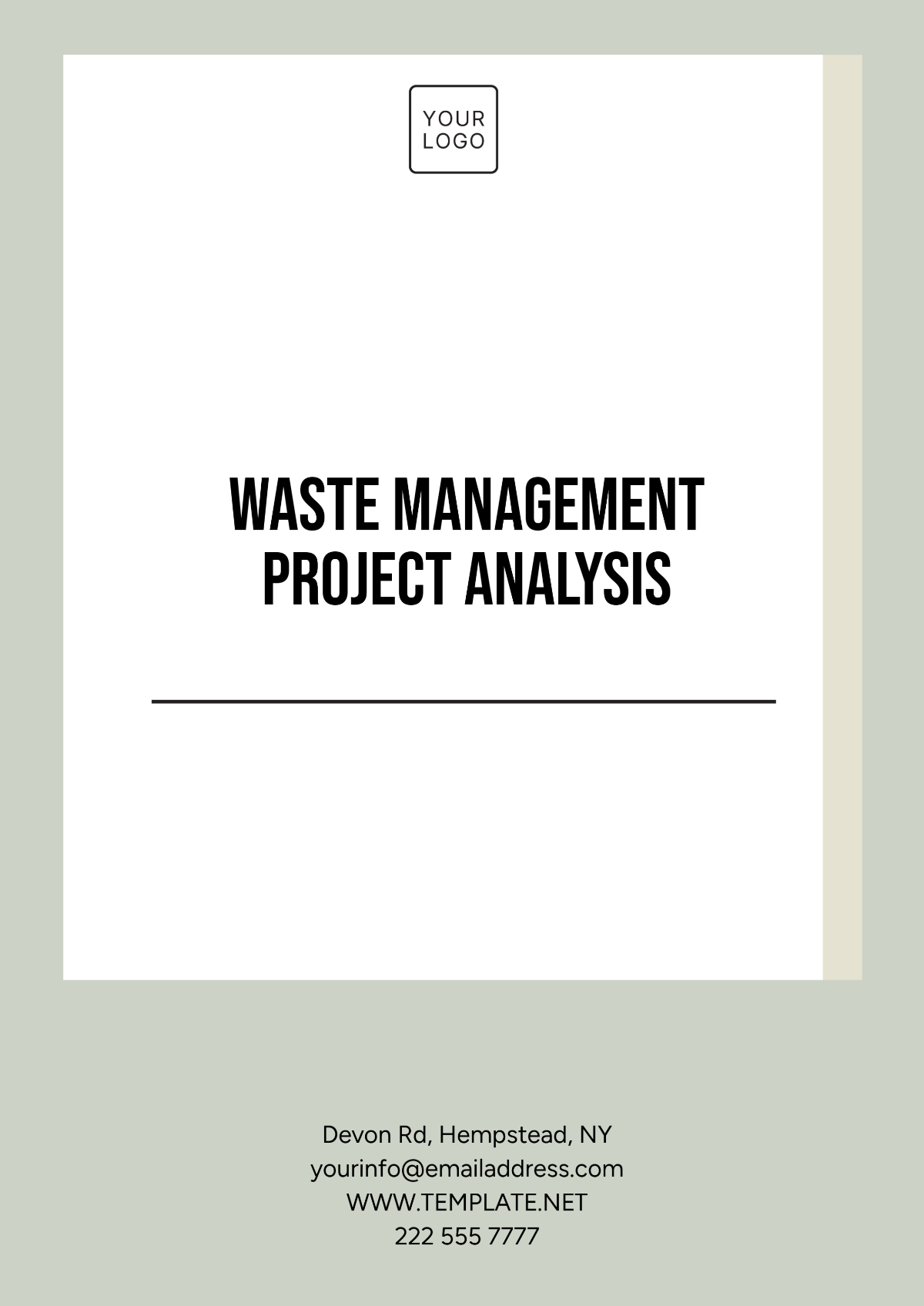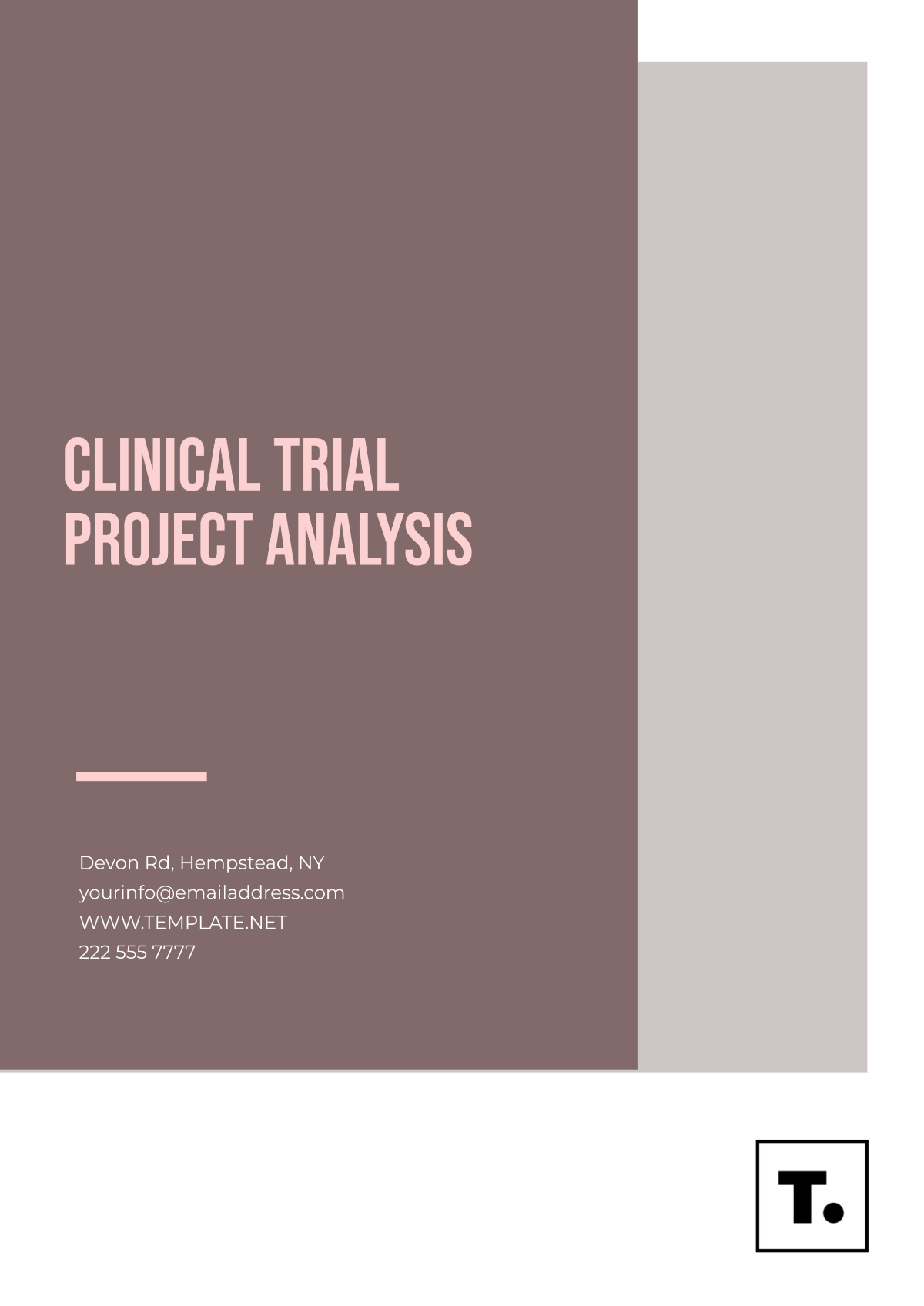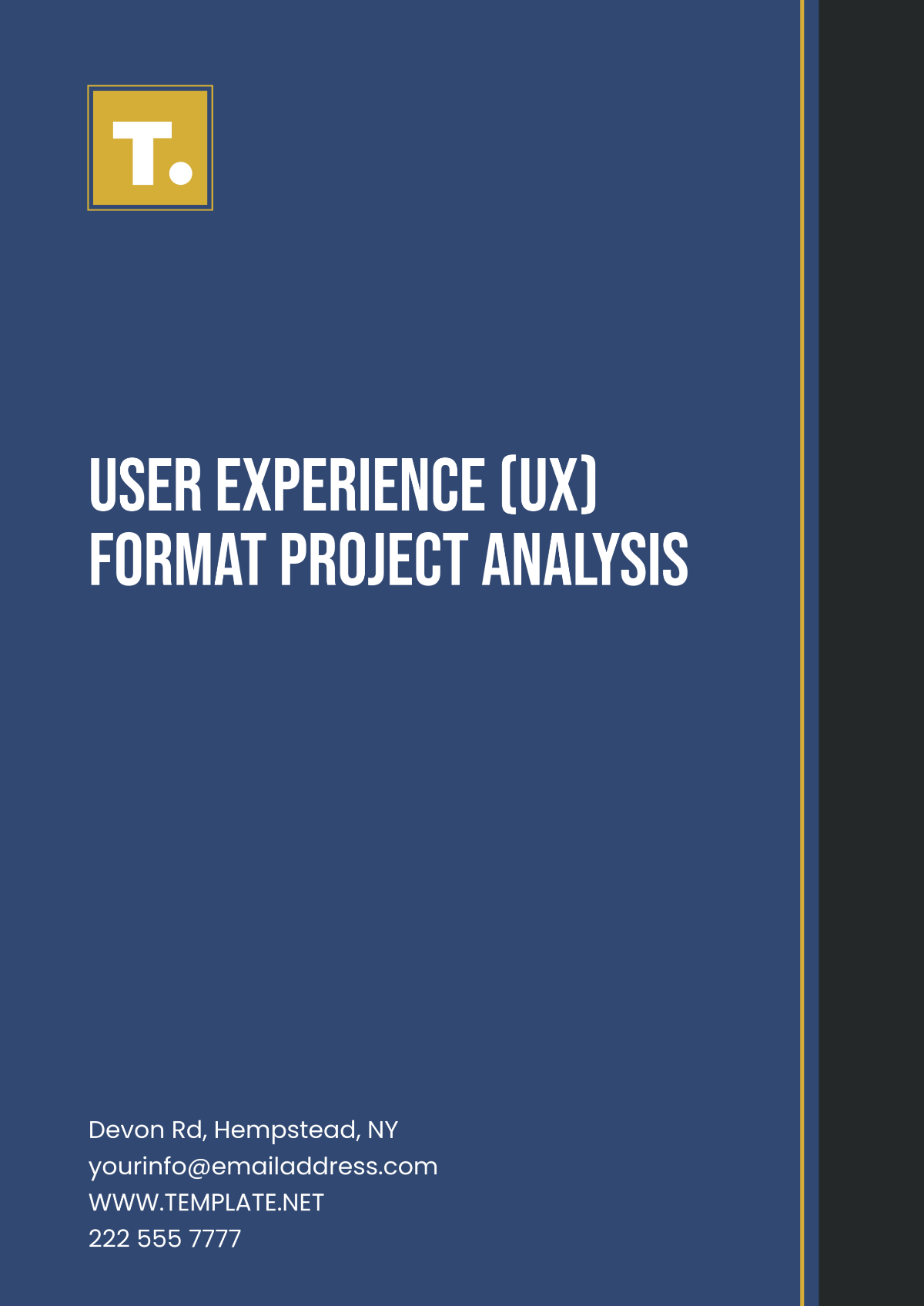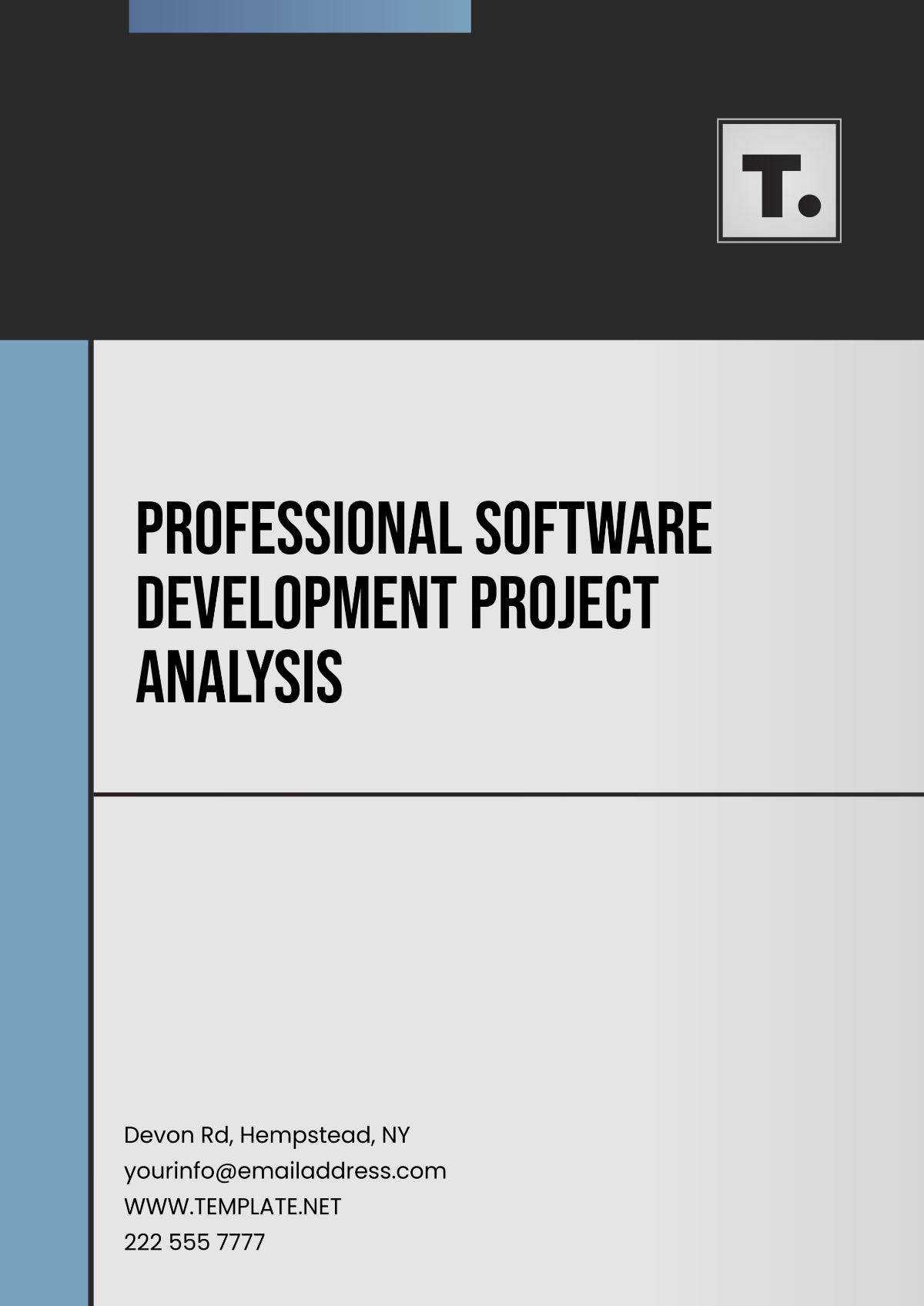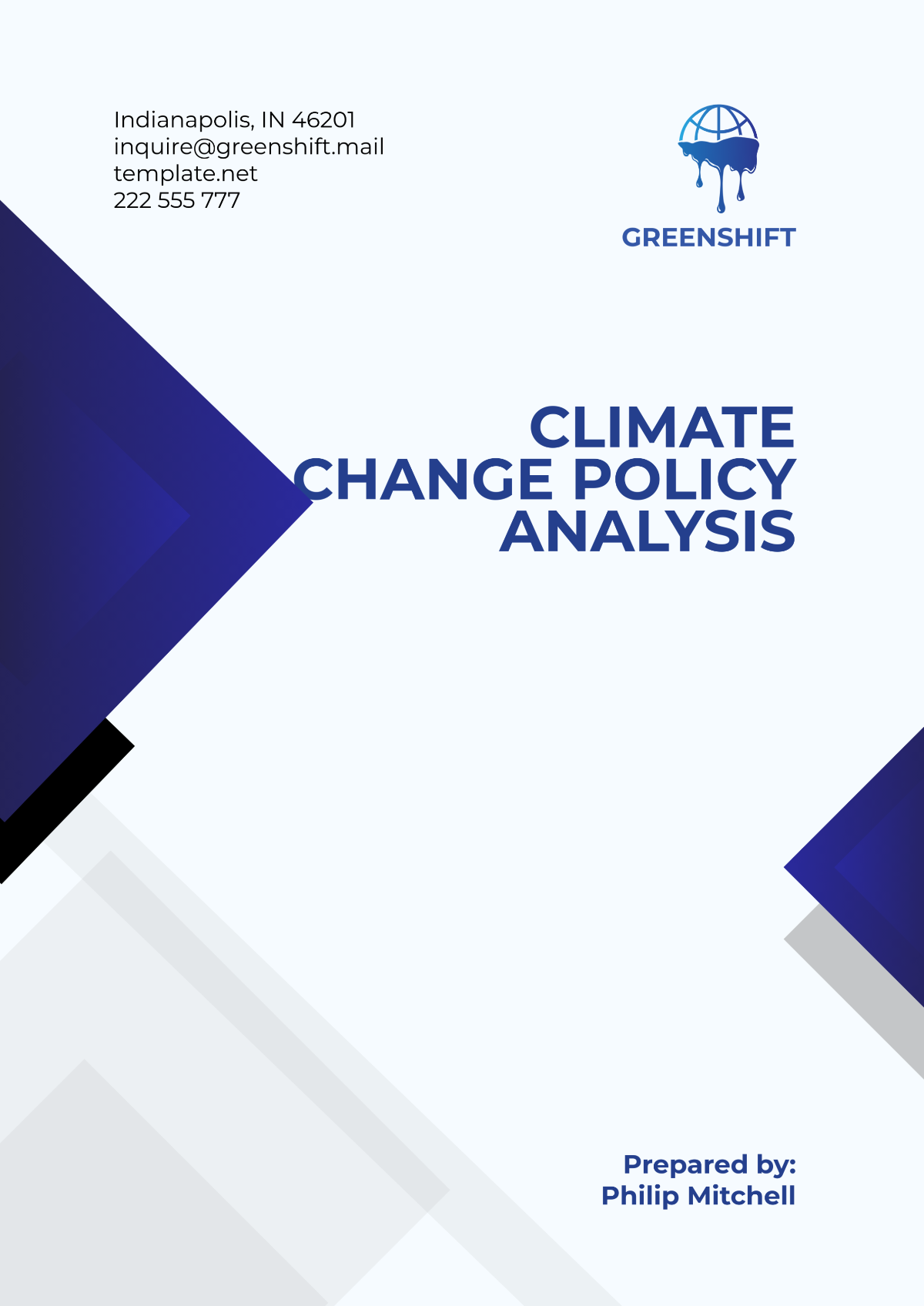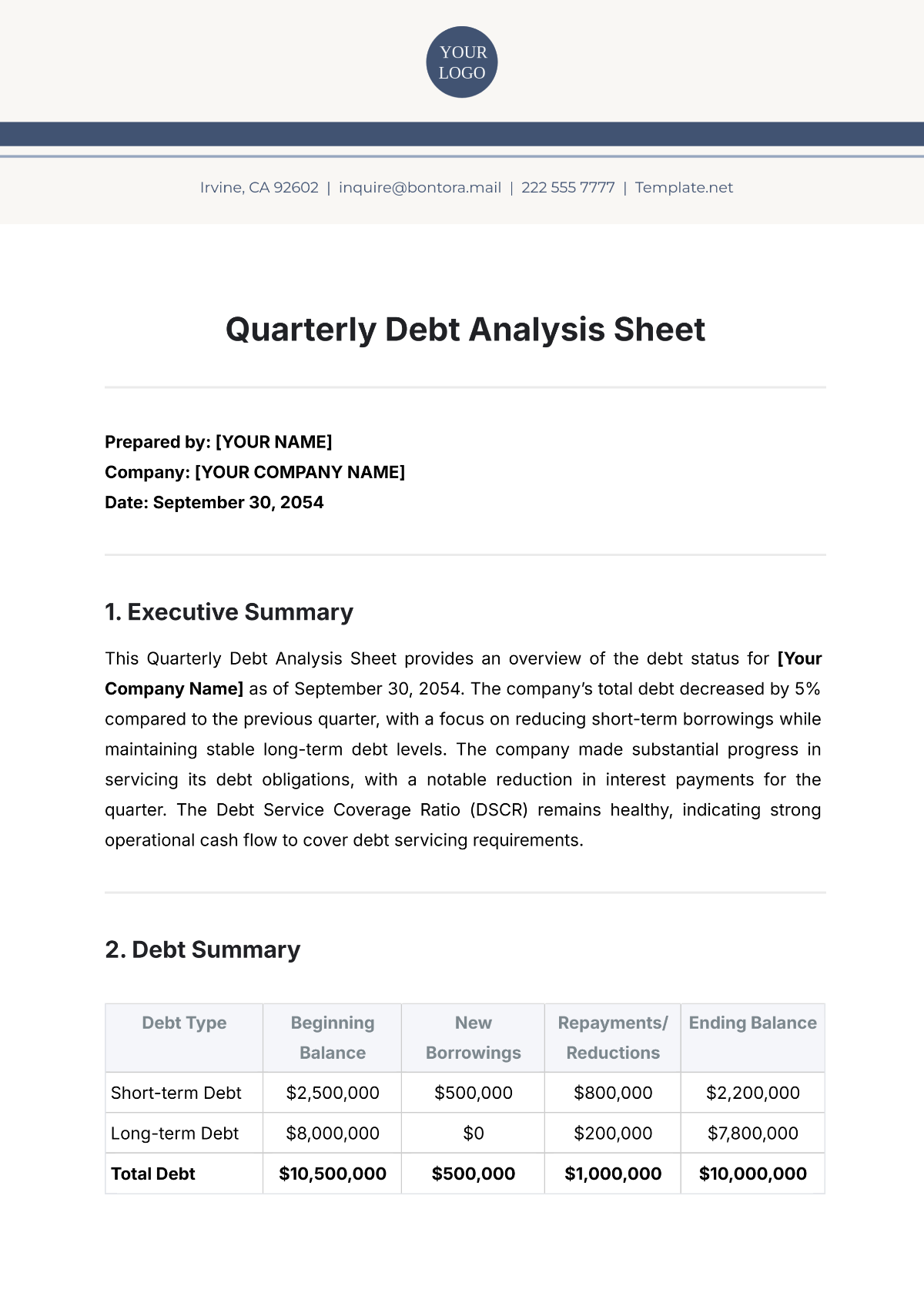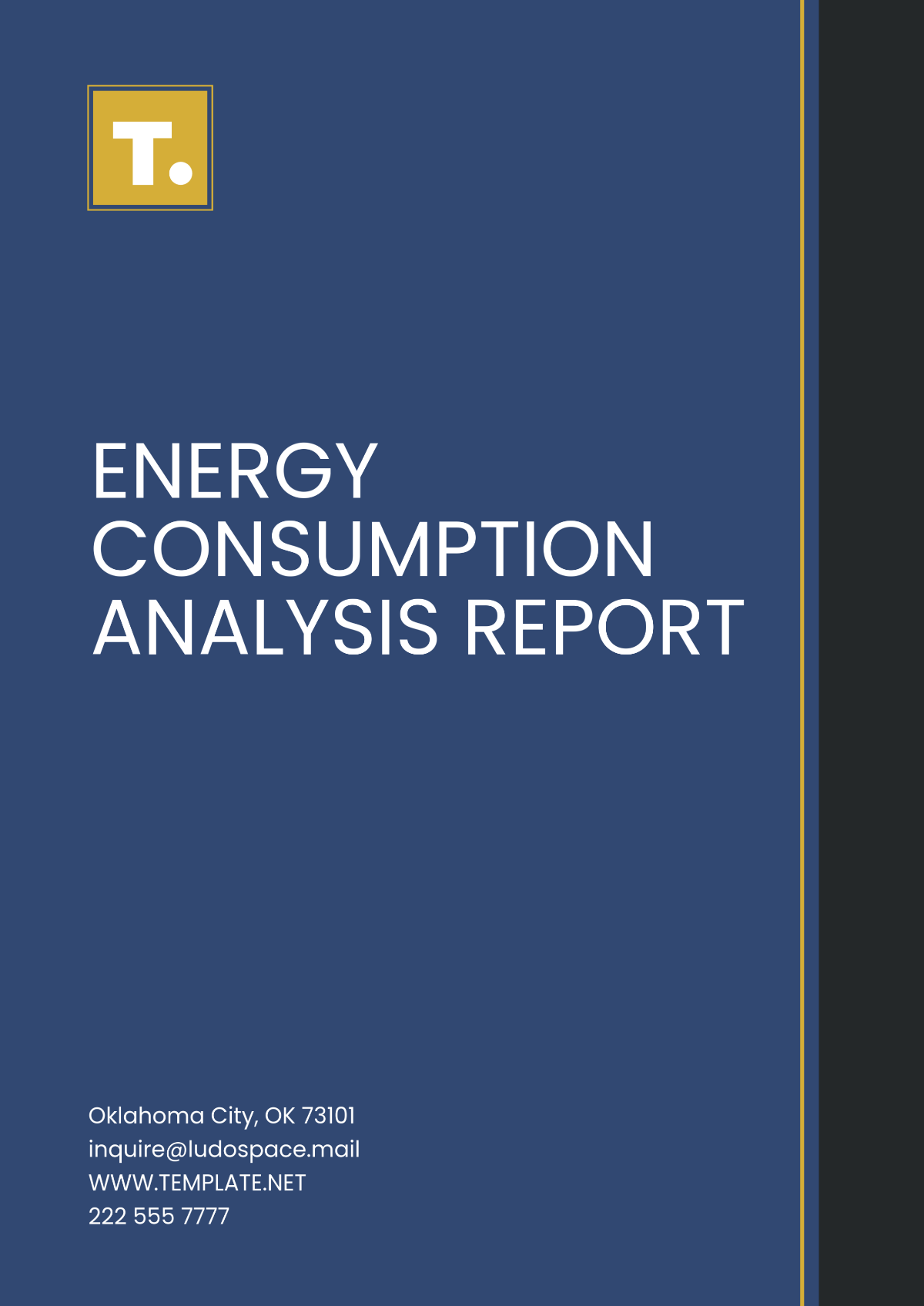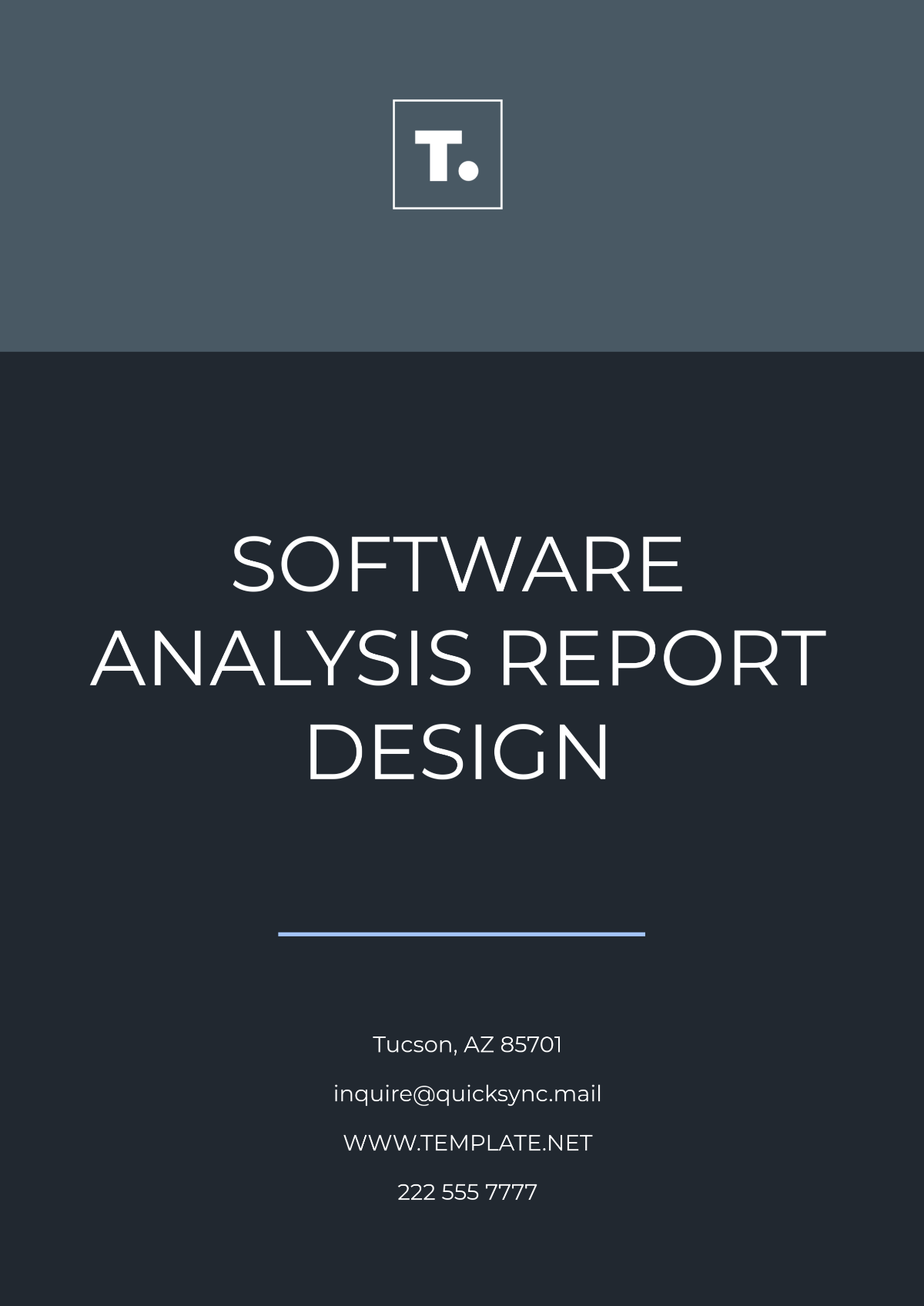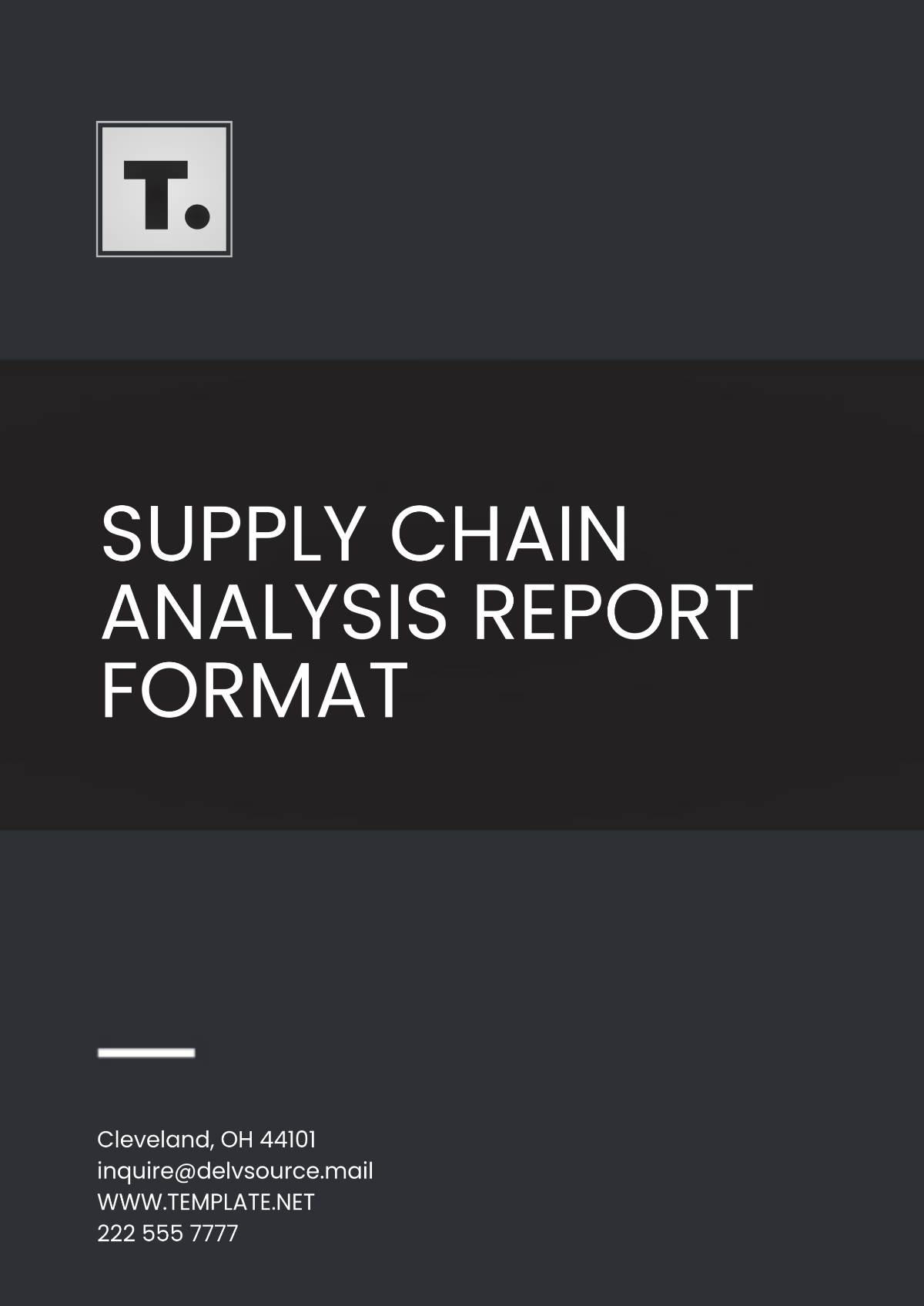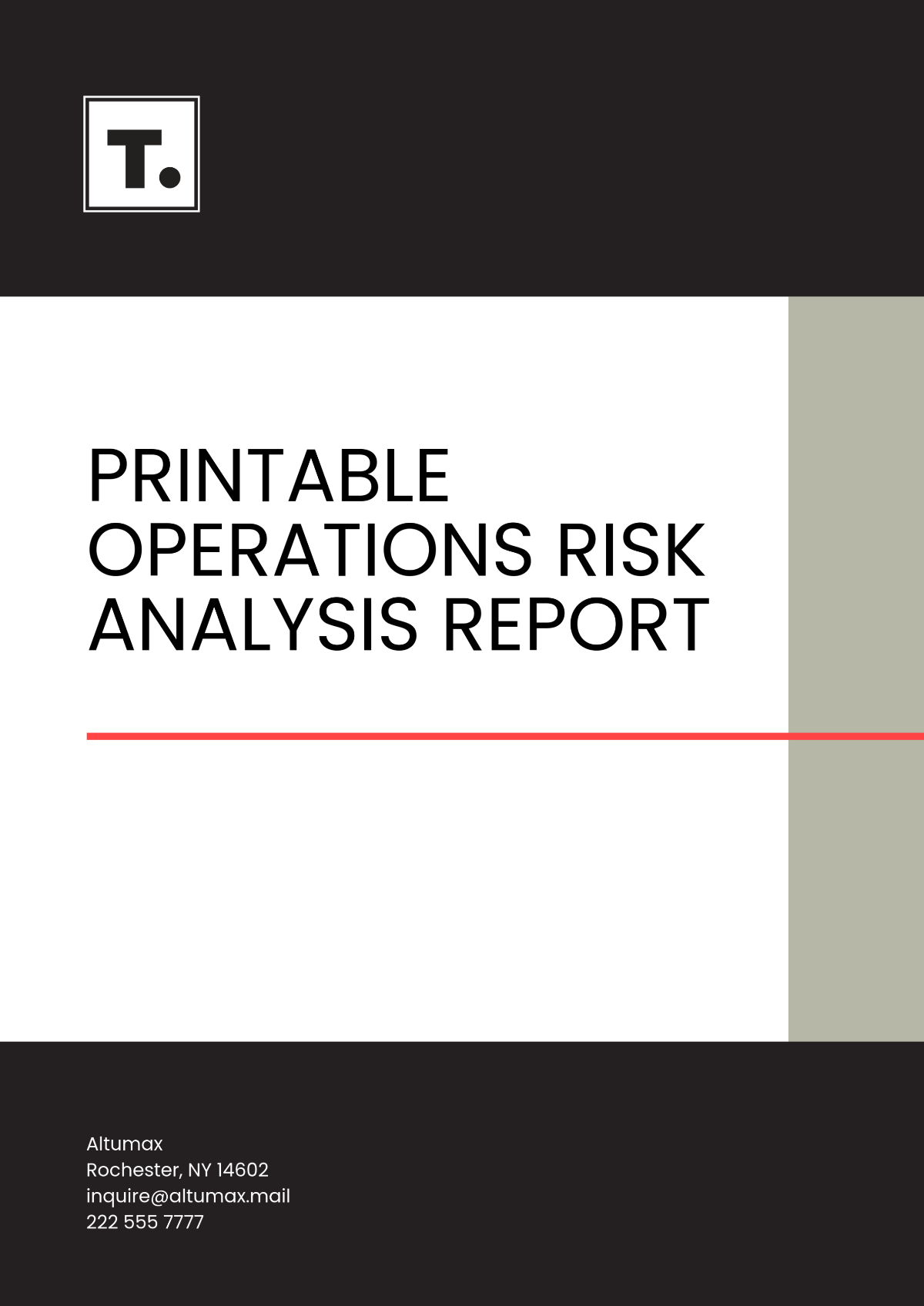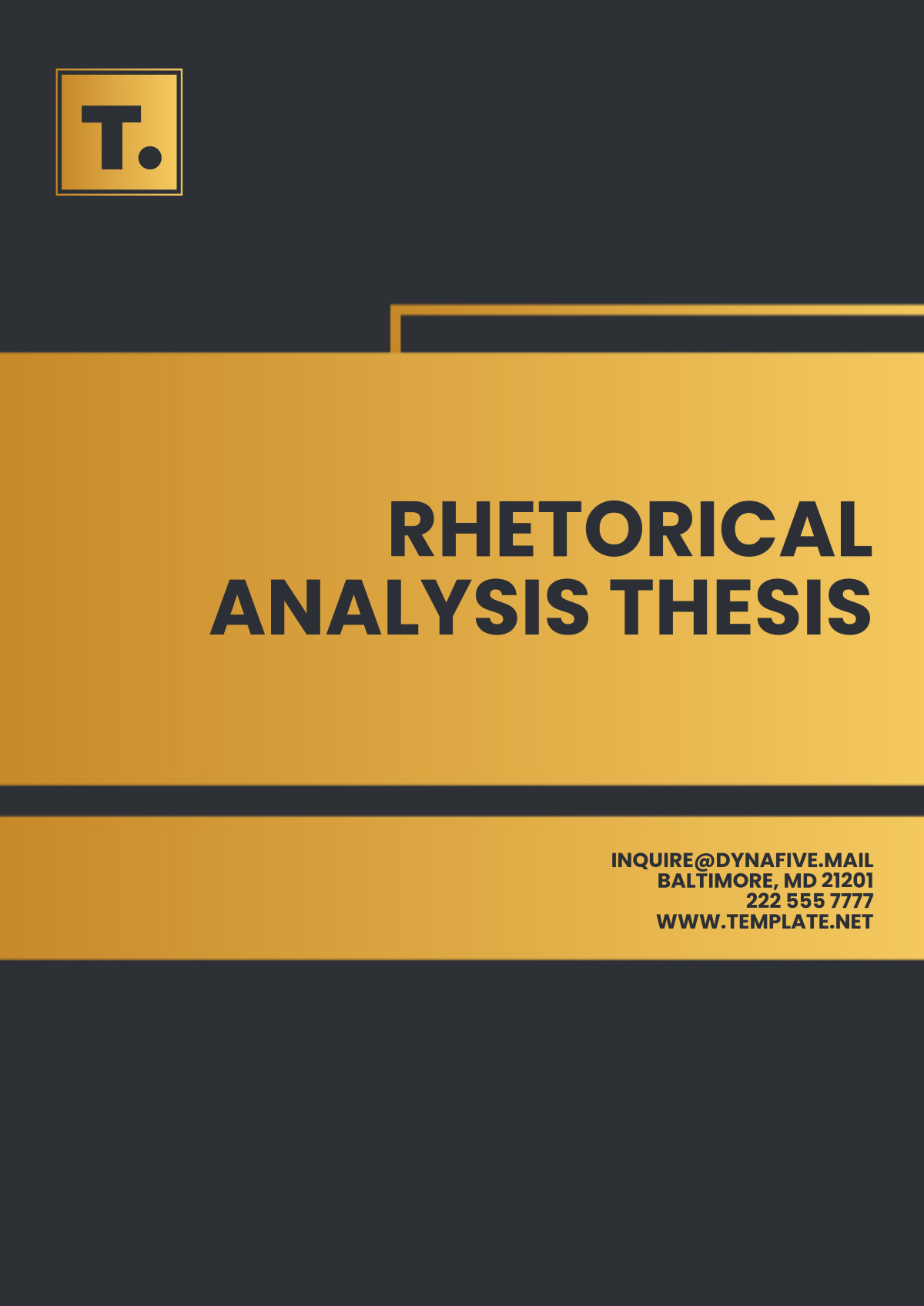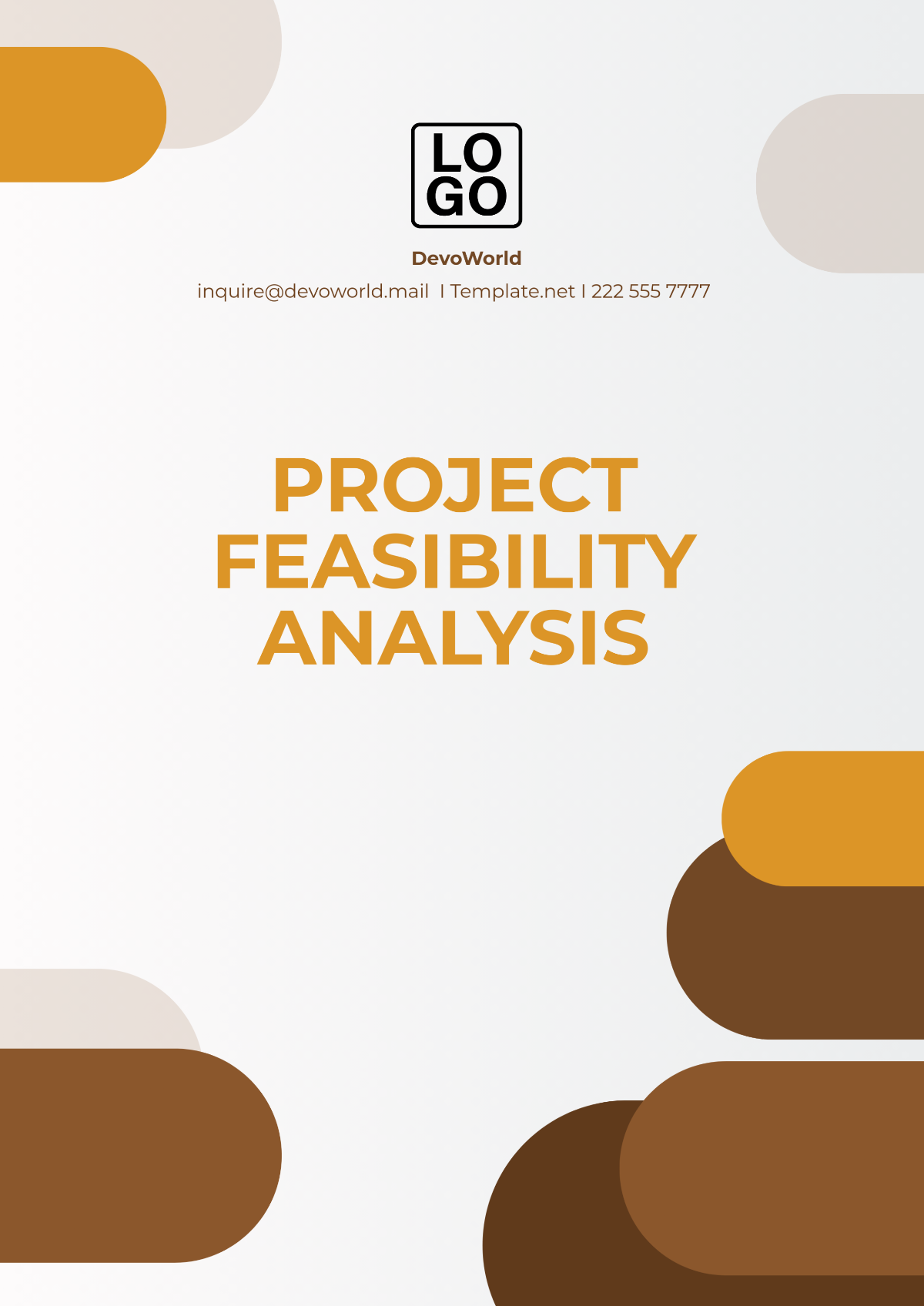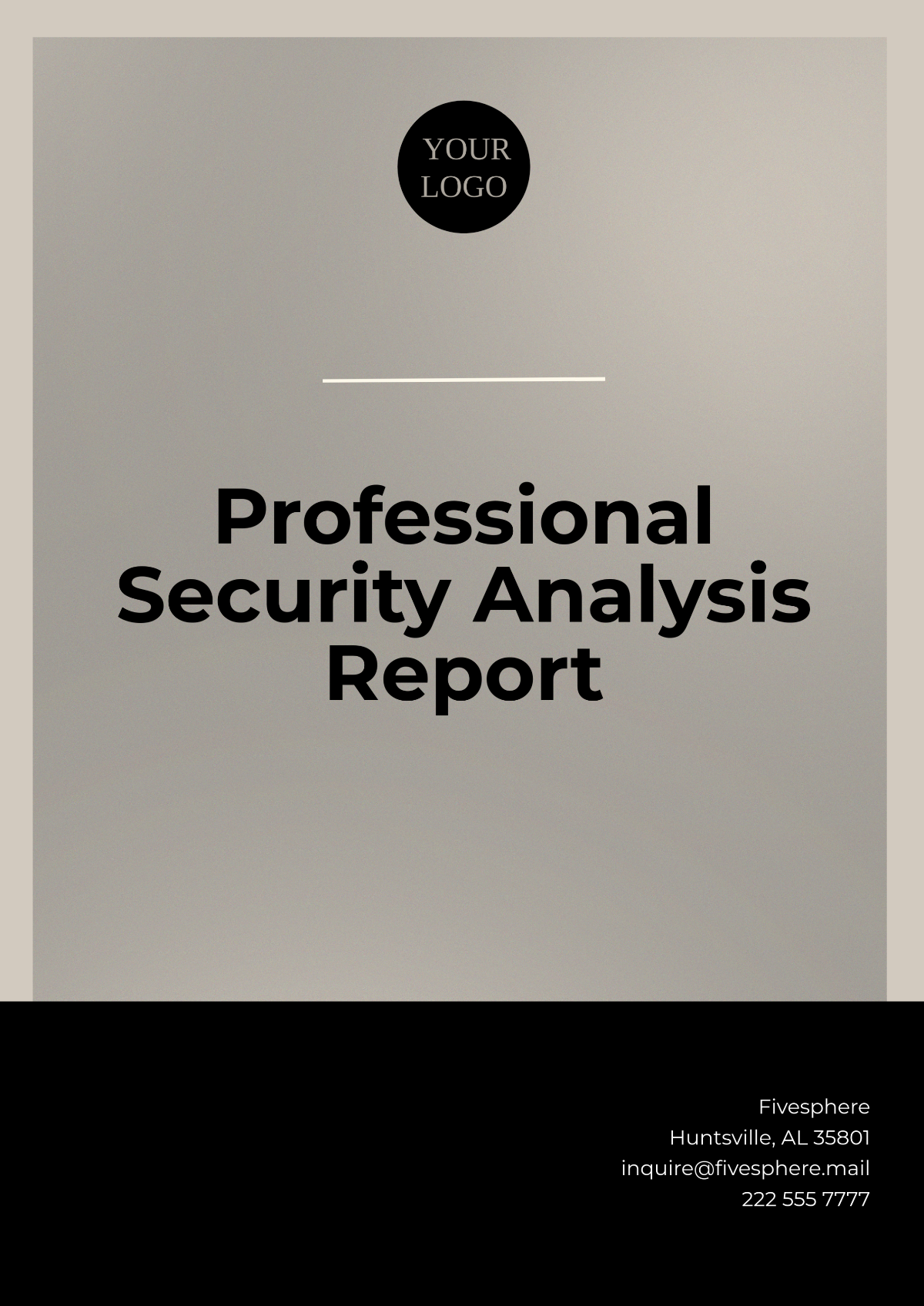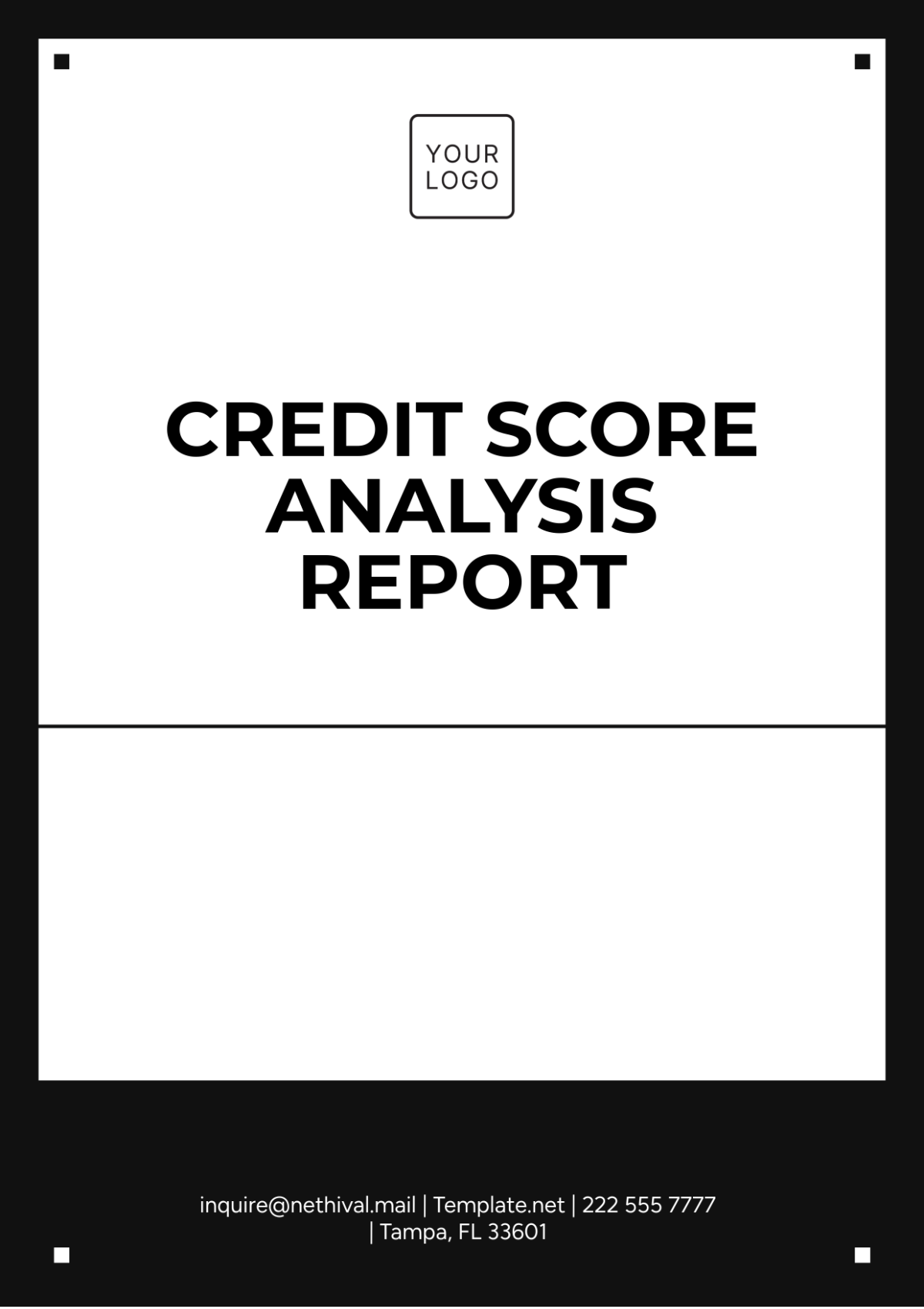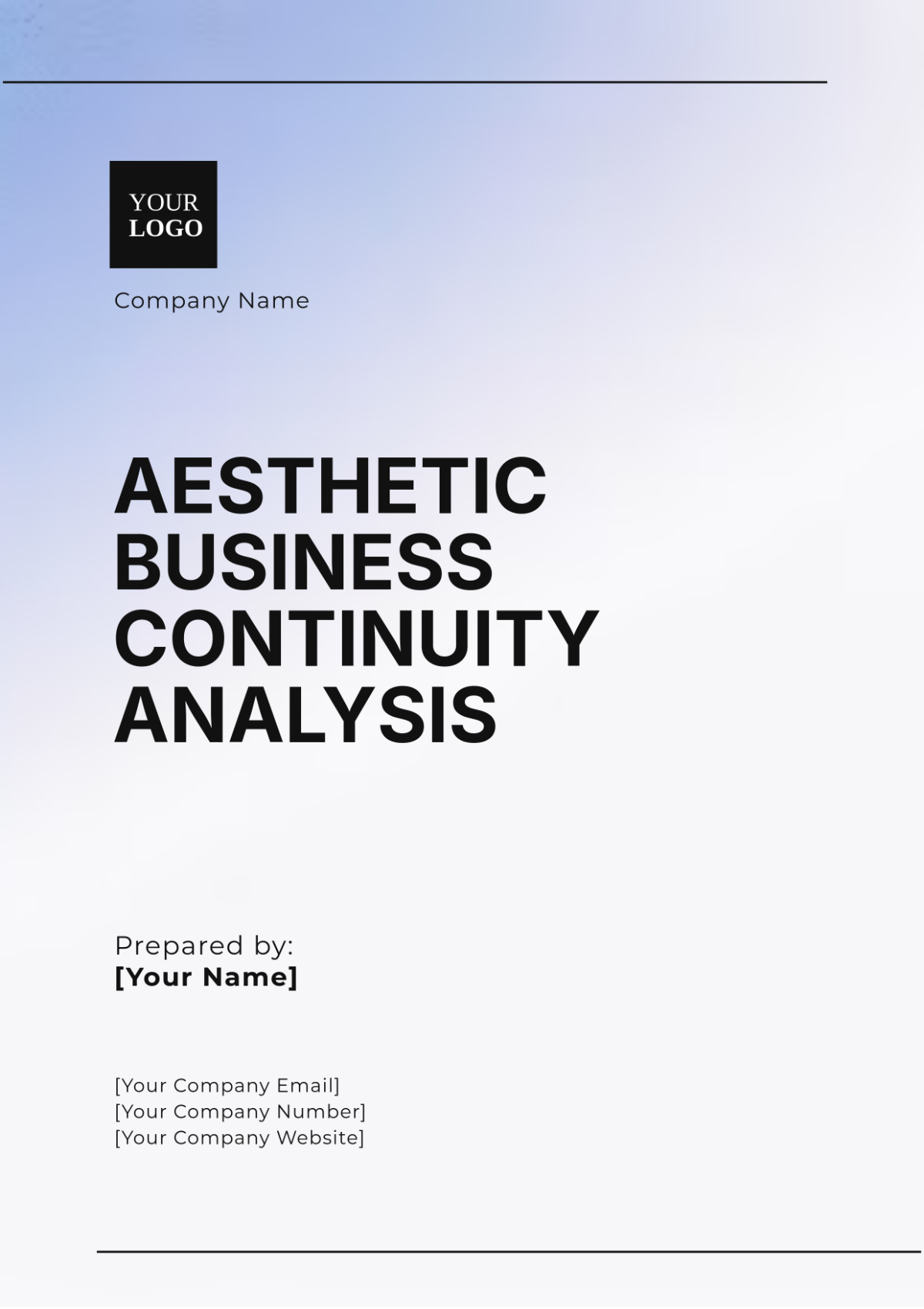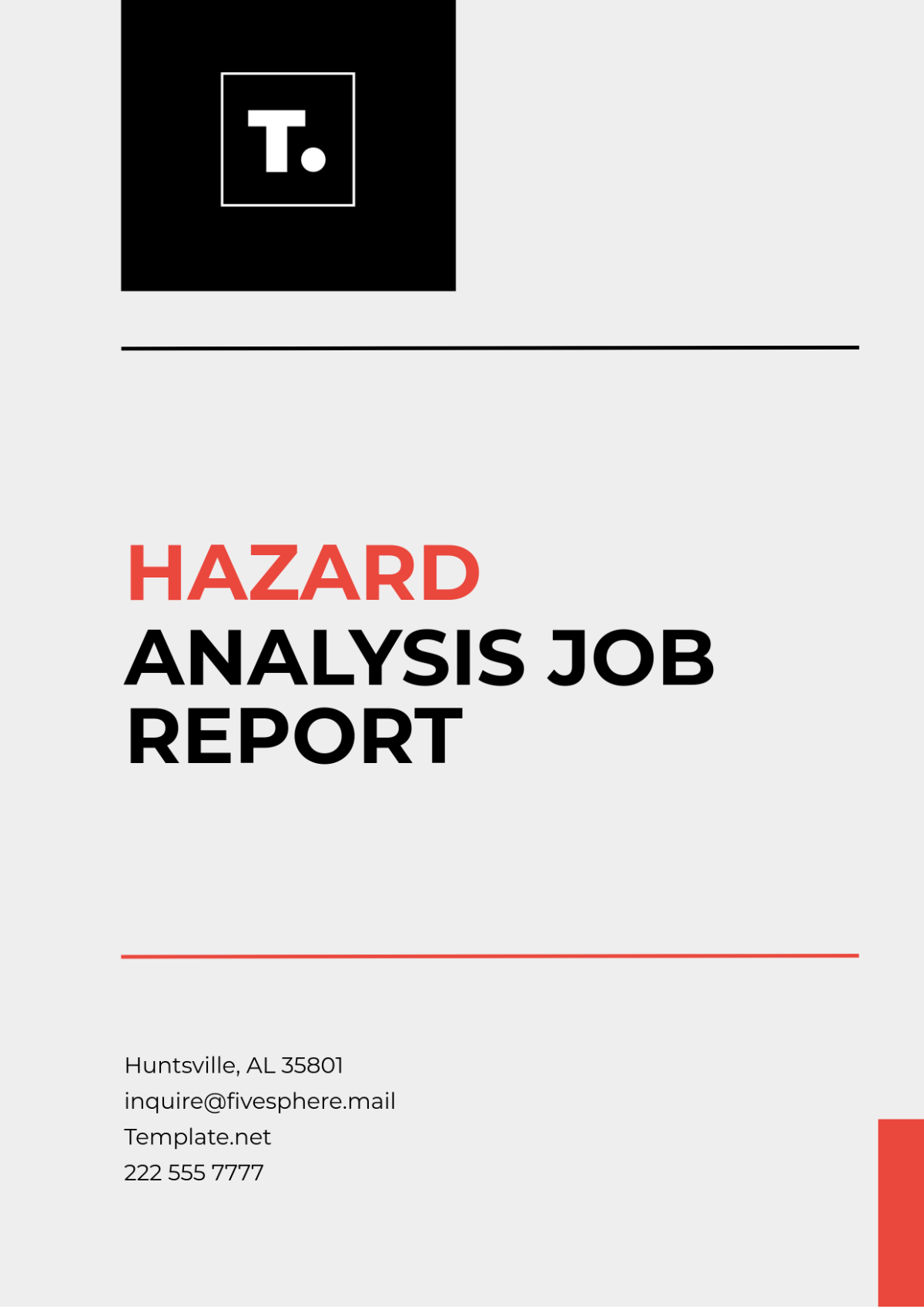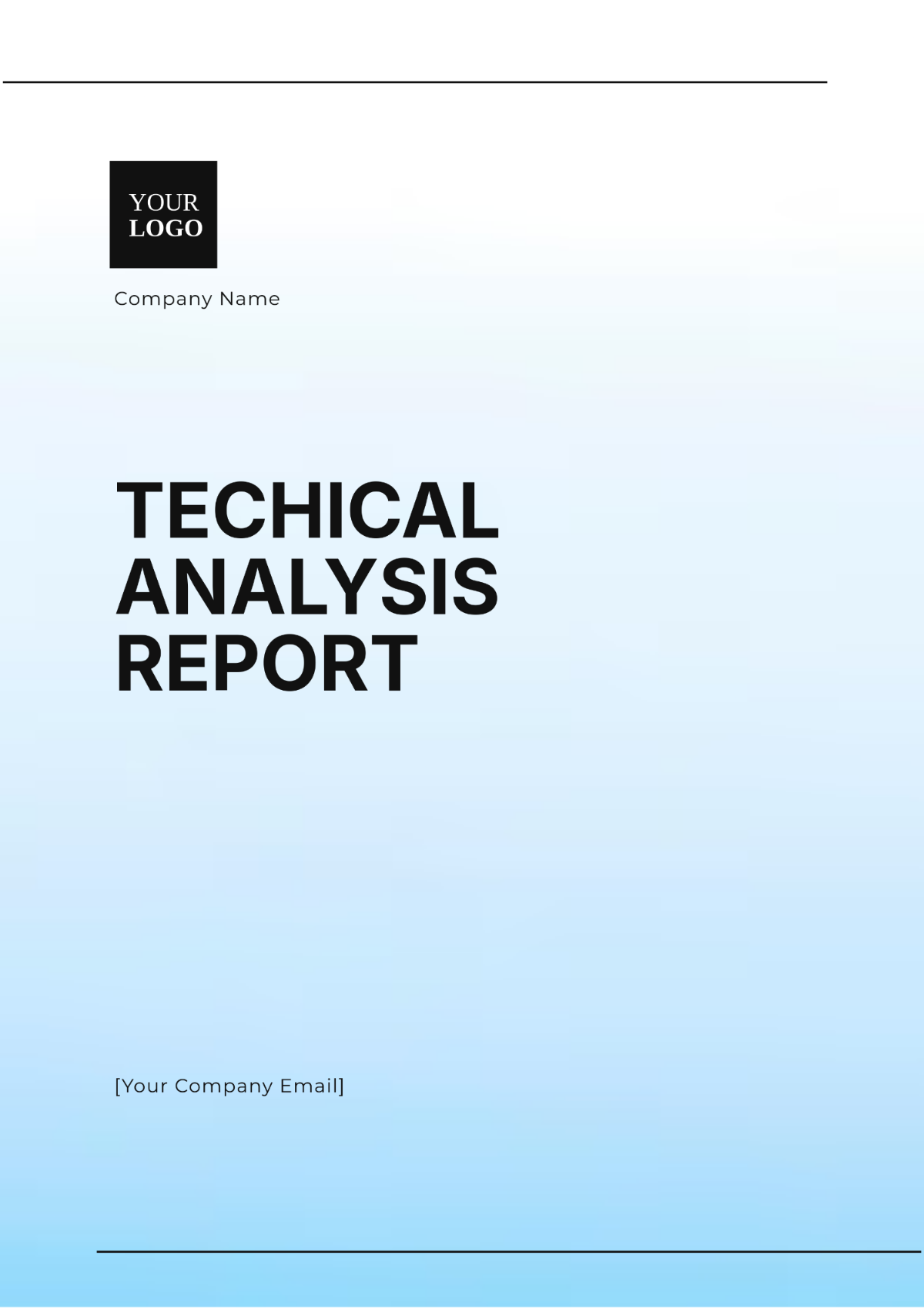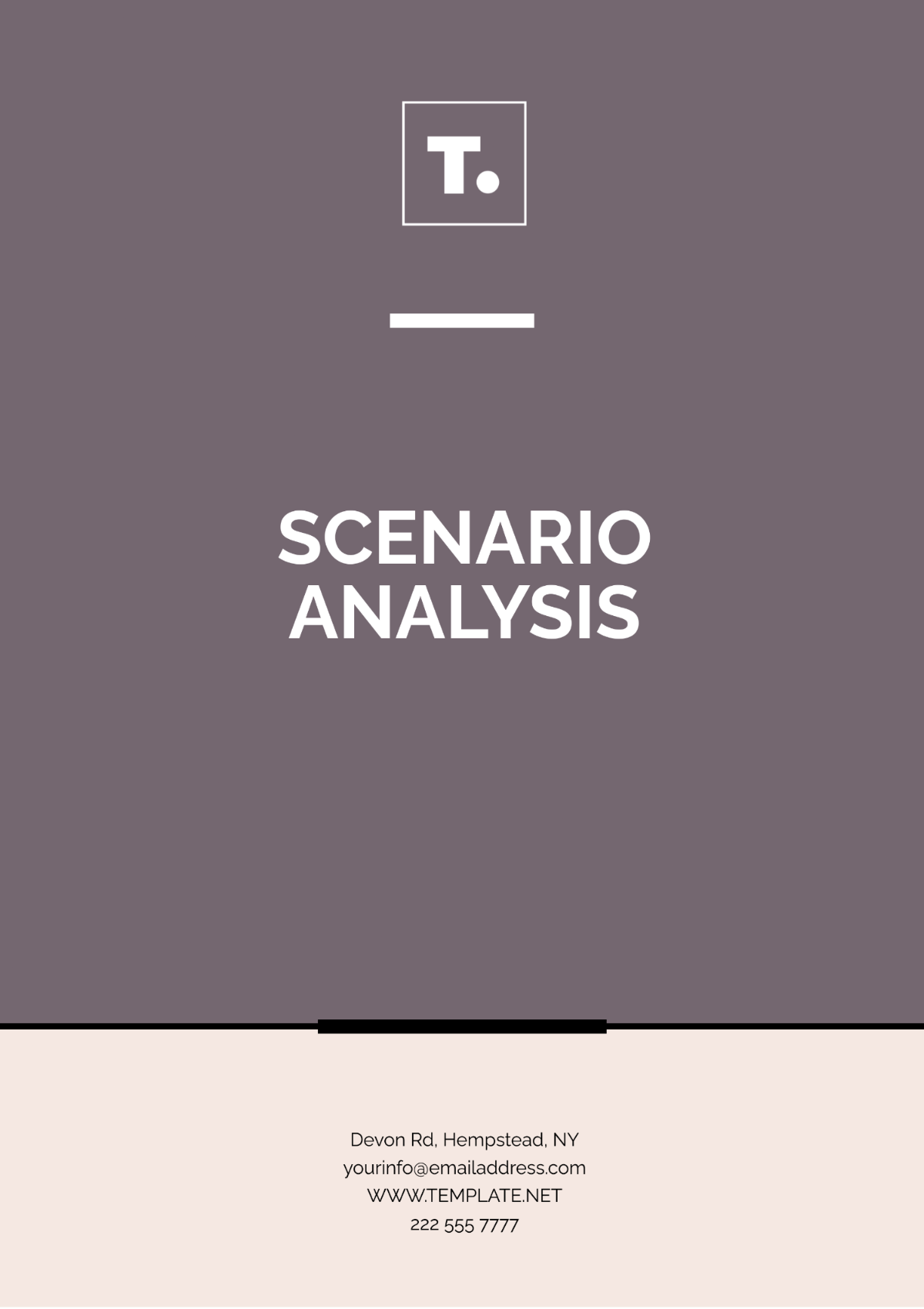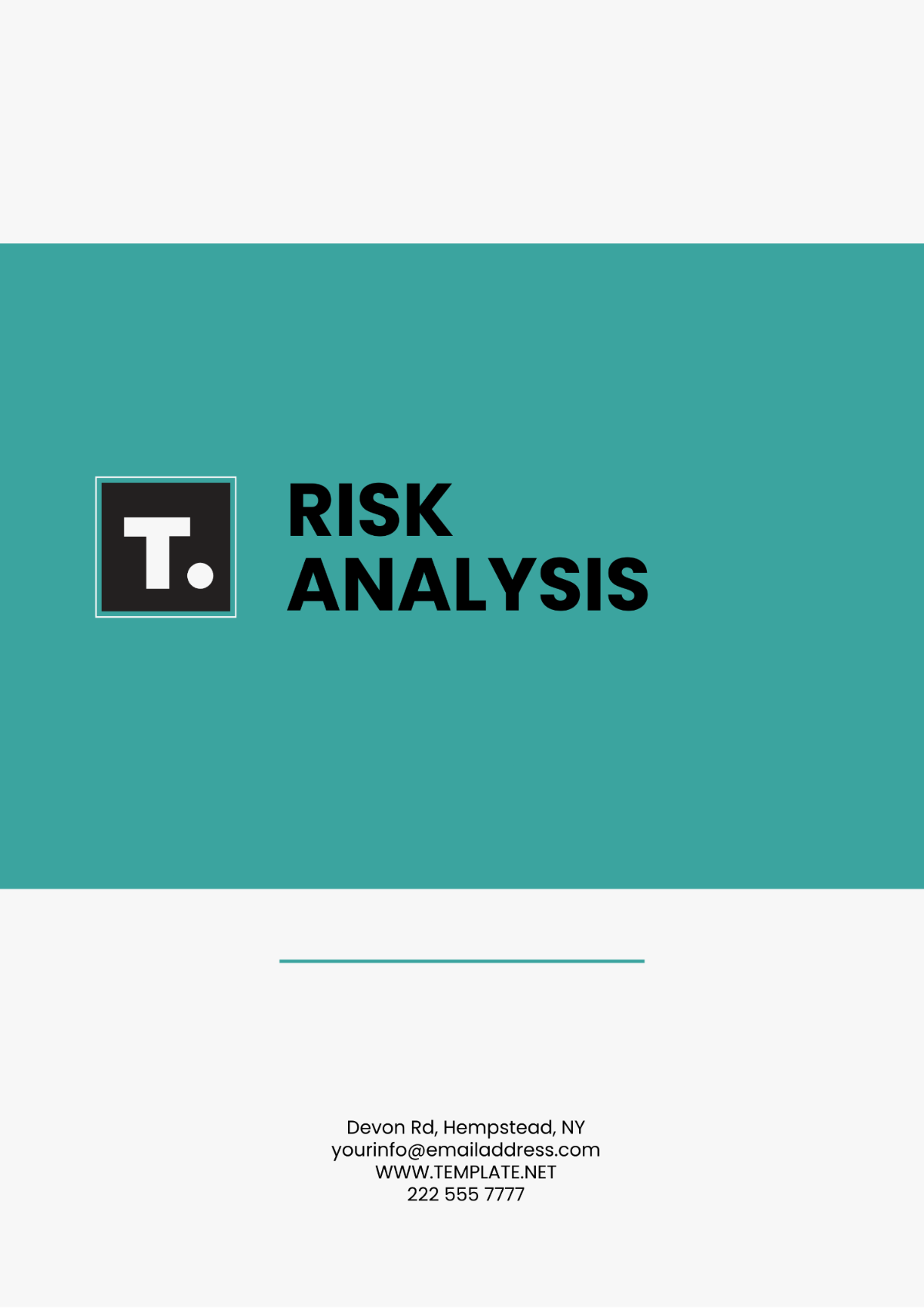Case Brief with Critical Analysis
I. Case Information
Case Title: [Carlson v. State of New Columbia]
Case Citation: [2055 WL 1234567 (Supreme Court of New Columbia)]
Court: [Supreme Court of New Columbia]
Date of Decision: [June 15, 2055]
II. Parties
Plaintiff: [Ezra Carlson]
Defendant: [State of New Columbia]
III. Facts
Background: [Ezra Carlson], a [high school teacher] in [New Columbia], was arrested for distributing political pamphlets critical of the government's education policies. The pamphlets were distributed near a public school during school hours. [Carlson] was charged with violating a state law prohibiting political activities near educational institutions.
Issues:
Whether the state law prohibiting political activities near educational institutions violates the First Amendment's freedom of speech.
Whether distributing political pamphlets constitutes protected speech under the First Amendment.
Arguments Presented:
Plaintiff's Arguments: [Ezra Carlson] argued that the state law infringed upon his First Amendment rights and that distributing political pamphlets is a form of protected speech.
Defendant's Arguments: The [State of New Columbia] contended that the law was necessary to maintain order and protect students from political influence during school hours.
IV. Legal Principles
Constitutional Provisions: The First Amendment to the United States Constitution guarantees the freedom of speech and prohibits the government from infringing upon this fundamental right.
Precedents: The Supreme Court has consistently held that political speech is afforded the highest level of protection under the First Amendment, and restrictions on such speech must be narrowly tailored to serve a compelling state interest.
V. Court's Analysis
Majority Opinion: The Supreme Court, in a [7-2 decision], held that the state law prohibiting political activities near educational institutions was unconstitutional as it violated the First Amendment's protection of free speech. The court emphasized that political speech, including the distribution of pamphlets, is a core aspect of protected expression, and the state failed to demonstrate a compelling interest justifying the restriction.
Concurring/Dissenting Opinions: [Justice Nova Bennett] authored a concurring opinion, agreeing with the majority's conclusion but arguing that the law also violated the [Equal Protection Clause] by selectively targeting political speech near schools.
VI. Critical Analysis
Strengths of the Decision: The court's decision reaffirmed the robust protection afforded to political speech under the First Amendment, safeguarding individuals' rights to engage in political discourse without undue government interference.
Weaknesses of the Decision: While the majority opinion correctly applied First Amendment principles, some critics argue that the decision may undermine efforts to maintain order and protect students from potential disruptions caused by political activities near schools.
Implications and Considerations: The decision sets an important precedent clarifying the boundaries of free speech rights in the context of educational institutions and highlights the judiciary's role in safeguarding constitutional liberties.
VII. Conclusion
The Supreme Court's decision in [Carlson v. State of New Columbia] reaffirms the fundamental principle that political speech is entitled to robust protection under the First Amendment. By striking down the state law prohibiting political activities near educational institutions, the court upheld individuals' rights to engage in expressive activities without fear of government censorship. This landmark ruling serves as a critical reminder of the enduring importance of protecting free speech in a democratic society.
For further inquiries or assistance, please contact [Your Name] at [Your Company Name] via email: [Your Company Email].
